|
Our brothers careers have been productive, constructive, spirited, and prosaic. They displayed impressive skills, talents, and abilities They were, and we continue to be, a beautiful and lively expression of our enduring fraternal beliefs, and that underlying harmony is far-reaching in expectation for all brothers’, undergraduate and graduate. It is the core of what our fraternal founders asserted in 1848 and 1874 and 1899: to live active, commendable, and responsible lives, and to build up community. Clearly and compellingly, they added, and continue to add, positive value at the local, state, national, global, and fraternal level because they engaged life fully and responsibly. In short, they were authoritative pillars throughout life. They were-are exemplary in their citizenship, character, and their sense of dutiful responsibility, and, in many instances, they were leading voices in their career fields. They prove that success of any kind does not occur by luck or accident, and we remember them because they continue to provide that message for our time. Their spirit permeates our brotherhood, and it always will. We have long been, from one generation to the next, proud to be Omega Mu Fijis. We continue to cherish our fraternal friendships, our shared memories, and our evolving, forward-focused history at the University of Maine. These things, above and beyond everything else, are the underlying rooted connections that make us proud to be Omega Mu Fijis. Why, after all, should we believe otherwise? We have always exhibited a can-do fraternal spirit since 1874. And, to be sure, all present and future generations of Omega Mu Fijis will continue to do the same, with fraternal enthusiasm and commitment. As a brotherhood, we always see the path behind us and the way forward with equal clarity, and our future remains bright at 79 College Avenue because we fearlessly move forward, always guided by sound fraternal principles, and because of that we are an exceptional brotherhood because we remain committed and hardworking to assure that our Omega Mu brotherhood will continue to be the jewel at the University of Maine. Perge. Omega Mu Portrait Oliver Crosby, 1876 Oliver Crosby's Q.T.V. Brothers Francis H. Bacon and Edward M. Blanding, Oliver Crosby's Best Friends At Maine. Horace M. Estabrooke and Nelson Martin Charles E. Oak Freshman Debating Society Oliver Crosby was the poet of the class of 1876 Great Northern Railway After several jobs, Oliver Crosby was hired by James J. Hill, one of the most powerful men during the Gilded Age in the United States, to be a draughtsman for the Great Northern Railway. James J. Hill "The Empire Builder" American Manufacturing Company After being fired by James J. Hill in 1882, Oliver Crosby and Frank Johnson established the Franklin Manufacturing Company in Saint Paul, Minnesota, but they renamed it the American Manufacturing Company, and once again the American Hoist and Derrick Company. American Hoist and Derrick Company American Hoist and Derrick Company, St. Paul, Minnesota 1893 World's Fair in Chicago World's Fair in Chicago American Hoist and Derrick won the Gold Medal for three of their cranes at the 1893 World's Fair in Chicago. Stonebridge Oliver Crosby's Estate Inventor Oliver Crosby's was the president and chief engineer of American Hoist and Derrick Company, and he was a trailblazing leader in a time of many trailblazing industrial giants. Oliver Crosby was a wide-eyed, tough-minded innovative industrial thinker. With sustained inspiration and dedication, he came up with many original industrial ideas, and he designed and created many of these original industrial items. Consequently, driven by his engineering curiosity and his sharp mind, Oliver Crosby registered more than thirty patents for and his pioneering inventions that are still important today. Oliver Crosby was an industrial visionary, and what he created with that talent has enduring value. With clarity and purpose, skill and passion, Oliver Crosby worked by experience and observations, and that led to increased knowledge and practical wisdom as to what could be designed and created to benefit humanity. Beyond this, he never gave up on an intriguing idea; it was not in his nature. In short, he was self-assured. He understood the fixed principles of engineering, but he envisioned, expanded, and adapted them to meet new technological, industrial challenges. In short, he had a life-long desire to learn new things, and he knew how to take on a new job and do it well. Or, one could say, Oliver Crosby was an imaginative engineer because he had great vision to create something better, and that always meant breaking out of comfortable, formulaic ruts of seeing things to address new challenges, new opportunities, and new projects. He relished the creative process; and, most importantly, the challenges in the creative process were merely opportunities, and he did not sway on these matters. He liked new challenges because it demanded new thinking, practically and aesthetically, grounded in the guiding principles of engineering. Step-by-step, everything Oliver Crosby accomplished was grounded in extensive study, problem-solving, reflection, and thought, and the congruence of this type of intellectual rigor, a great thing in itself, led to improved designs for every one of his inventions. Many of his patented inventions, particularly his railway-mounted steam shovels and earth moving machines, would play a significant role in digging the Panama Canal. Therefore, in no small measure, in a time period that was dominated by the likes of Andrew Carnegie, Cornelius Vanderbilt, James J. Hill, and John D. Rockefeller, it is right to assert that that Oliver Crosby's industrial ingenuity had an incalculable impact with his mechanical ingenuity. He was, in his own right, a powerhouse during an exceptional economic period in American History. He was resilient, and what he achieved was both practical and inspiring. What he accomplished was meaningful and significant, and it is not an overstatement to state that he helped transform the world. From the Crosby Clamp, the world's largest crane, Admiral Perry's journey to the North Pole, and the Panama Canal, Oliver Crosby's career was fascinating, interesting, and historically significant. He was a technological change-maker in history with his seminal engineering ideas. Quite simply, he lived and extraordinarily rich life, and to think that Oliver Crosby arrived in Minneapolis - St. Paul with only $14.50 speaks multiple volumes about the substantive, practical meaning of persistence and determination, two qualities that are never old-fashioned. They matter all the time. All-in-all, Oliver Crosby lived by the truth of these two instructive words, and he left a constructive legacy for posterity that we are exceedingly proud of as Omega Mu brothers, now, one-hundred years after his death in 1922. Guided by the seamless trinity of confidence, patience, and persistence, Oliver Crosby became a change-maker in the world. We continue to believe in the balanced grace of these three words, and because of this sustaining belief Omega Mu Fijis will continue to have a positive impact in the world. Simply put, to live a life that benefits others does matter, still. Perge. The Crosby Clamp It is interesting to note that the small size of the Crosby Clamp proved to be infinitely large in substantive achievement. In a word, sound engineering practices, large and small, are essential in accomplishing anything that lasts. Admiral Robert E. Peary's Journey to the North Pole in 1909 and the Crosby Clip "The success and safety of the entire expedition hinged upon the reliability of the 'Crosby' Clip, used to attach the tiller rope to the rudder, and also the steering wheel." Admiral Robert E. Peary Largest Crane in the world designed by Oliver Crosby in 1895 American Hoist and Derrick The Panama Canal "The Company's most notable service was furnishing the U.S. government with the modern machinery to construct the Panama Canal." Oliver Crosby's Panama Canal Lecture Mount Rushmore When we think about Oliver Crosby, it is also worth pausing to consider the creation of Mount Rushmore. Four years after his death in 19922, Oliver Crosby's American Hoist and Derrick machinery were used to create Mount Rushmore!!! Crosby Hall University of Maine Cloke Plaza; back right, Crosby Hall. The New University of Maine Engineering Building and The Crosby Clip In the foreground left is Cloke Plaza, a plaza that honors our Phi Gamma Delta brother, Paul Cloke, former dean of the University of Maine College of Engineering. Cloke Plaza When the final beam of the Ferland Engineering Education and Design Center was installed during the topping-off ceremony in February 2021, the Crosby Clip played a part. "The beam, which was signed by some current UMaine engineering students, has a time capsule welded to the back with a message and a Crosby Clip, a tool used in steel construction that was invented by Oliver Crosby, a Dexter native and UMaine alumn of 1876." And Our Omega Mu Brother, Oliver Crosby “What if the space be long and wide, That parts us from our brother’s side A soul-joined chain unites our band, And memory links us hand in hand.” (Phi Gamma Delta fraternity song) Fraternally,
Chip Chapman, ’82 Perge
0 Comments
Leave a Reply. |
Archives
December 2024
Categories |
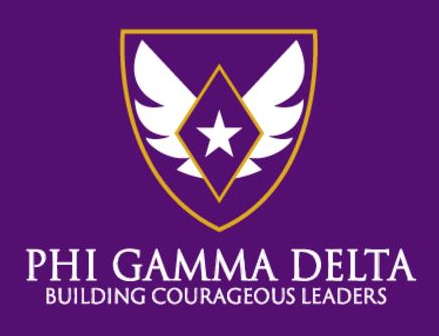
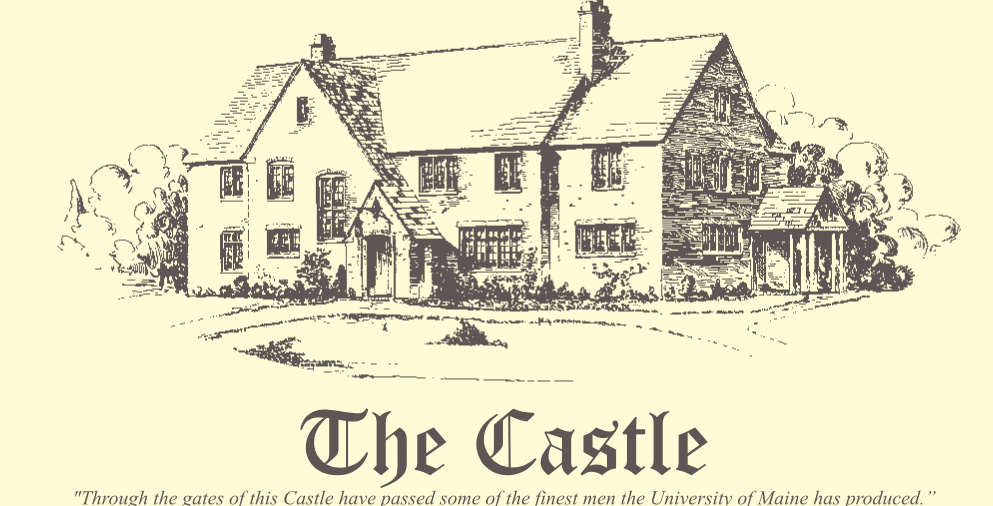
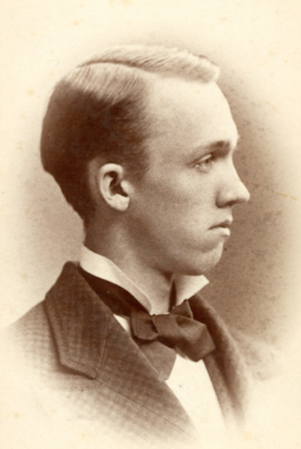
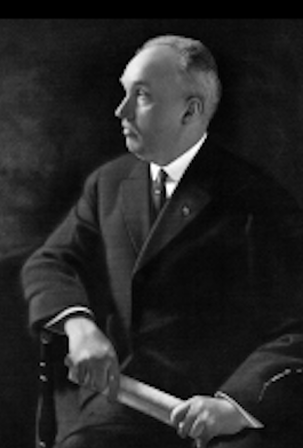

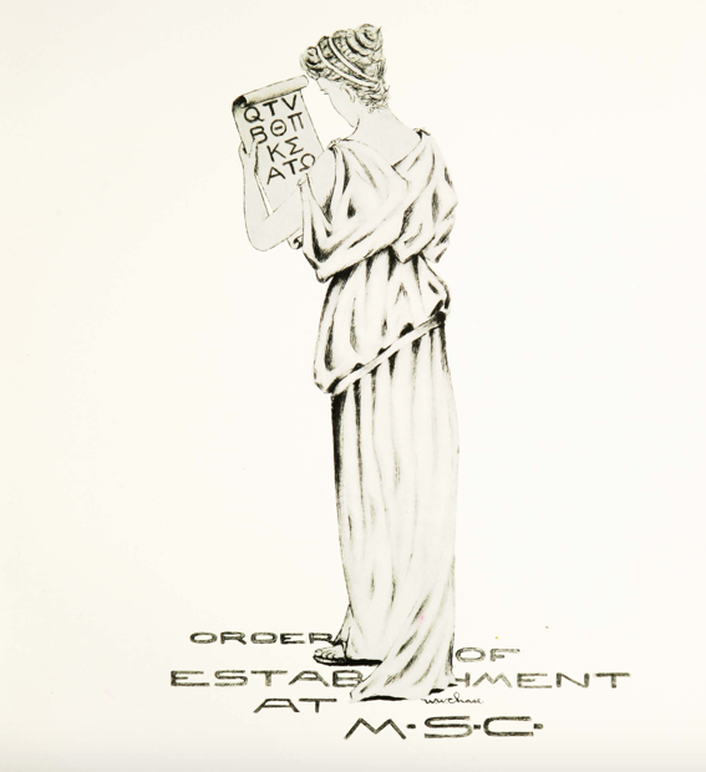
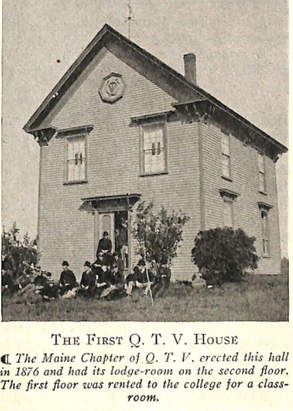


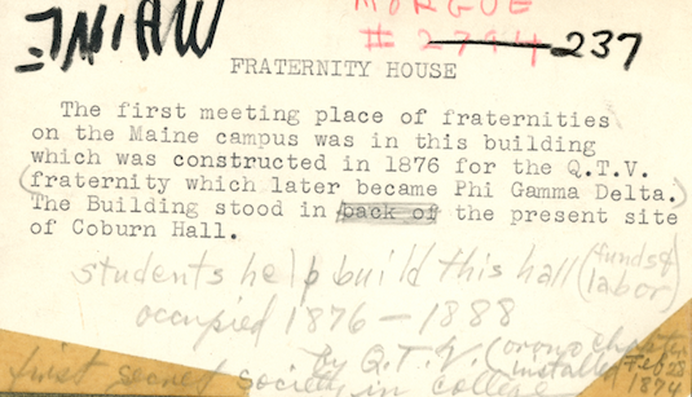
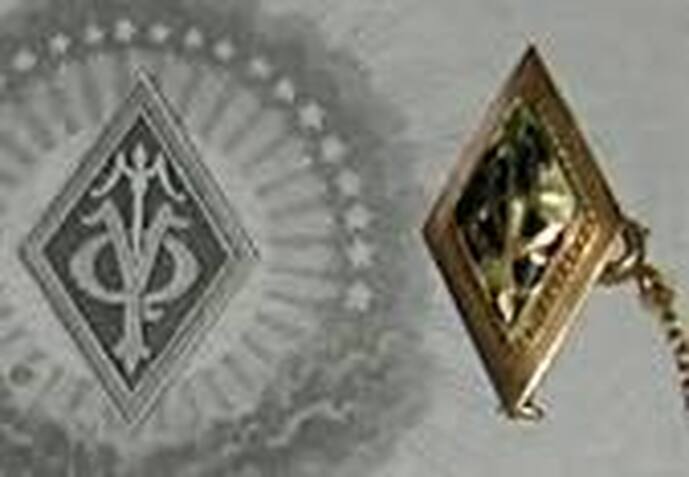


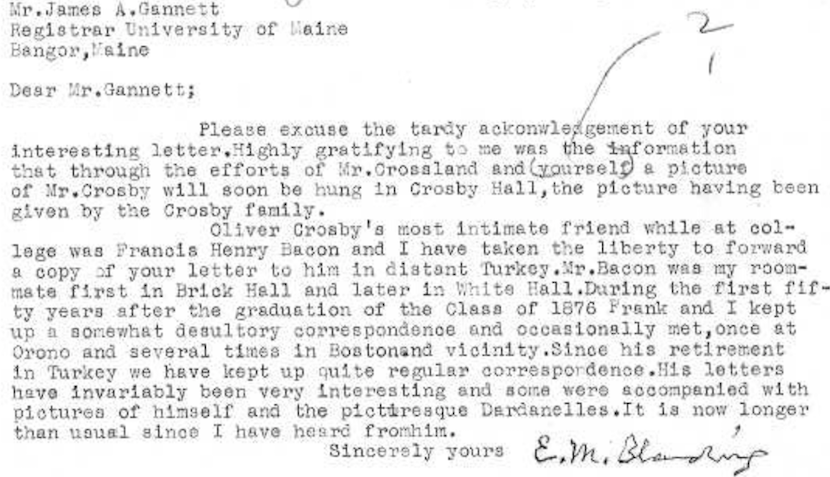


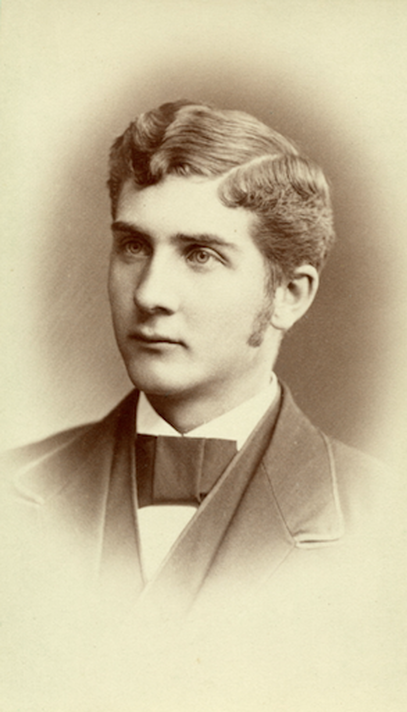
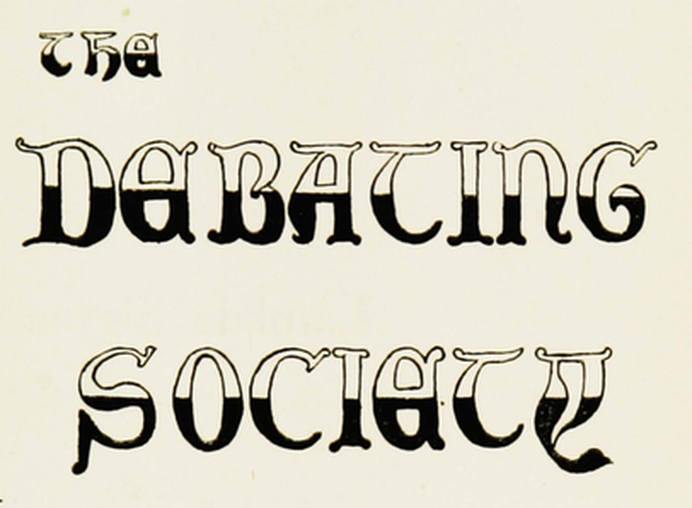
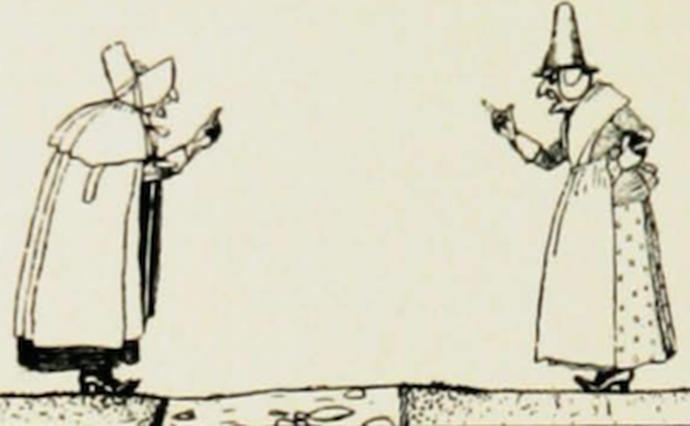
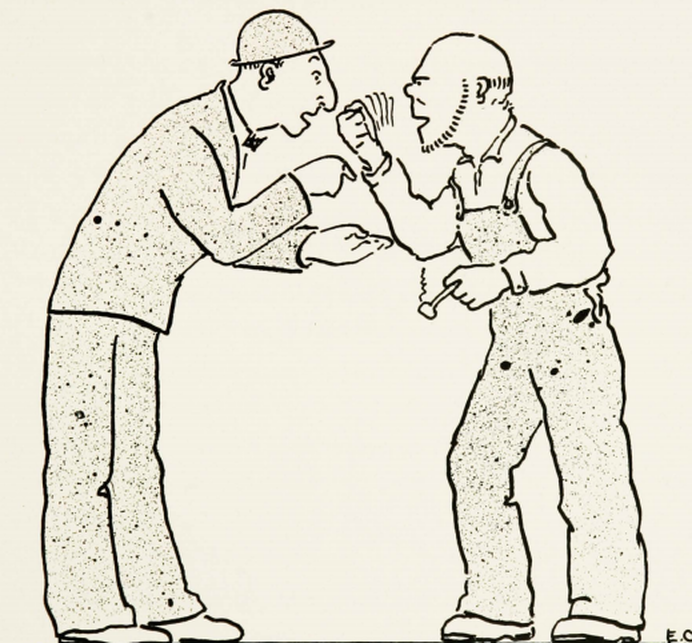
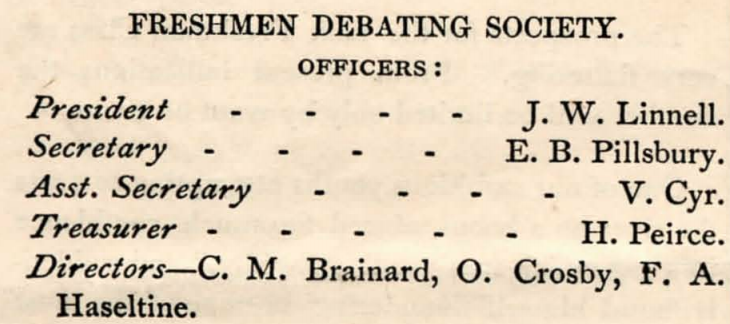

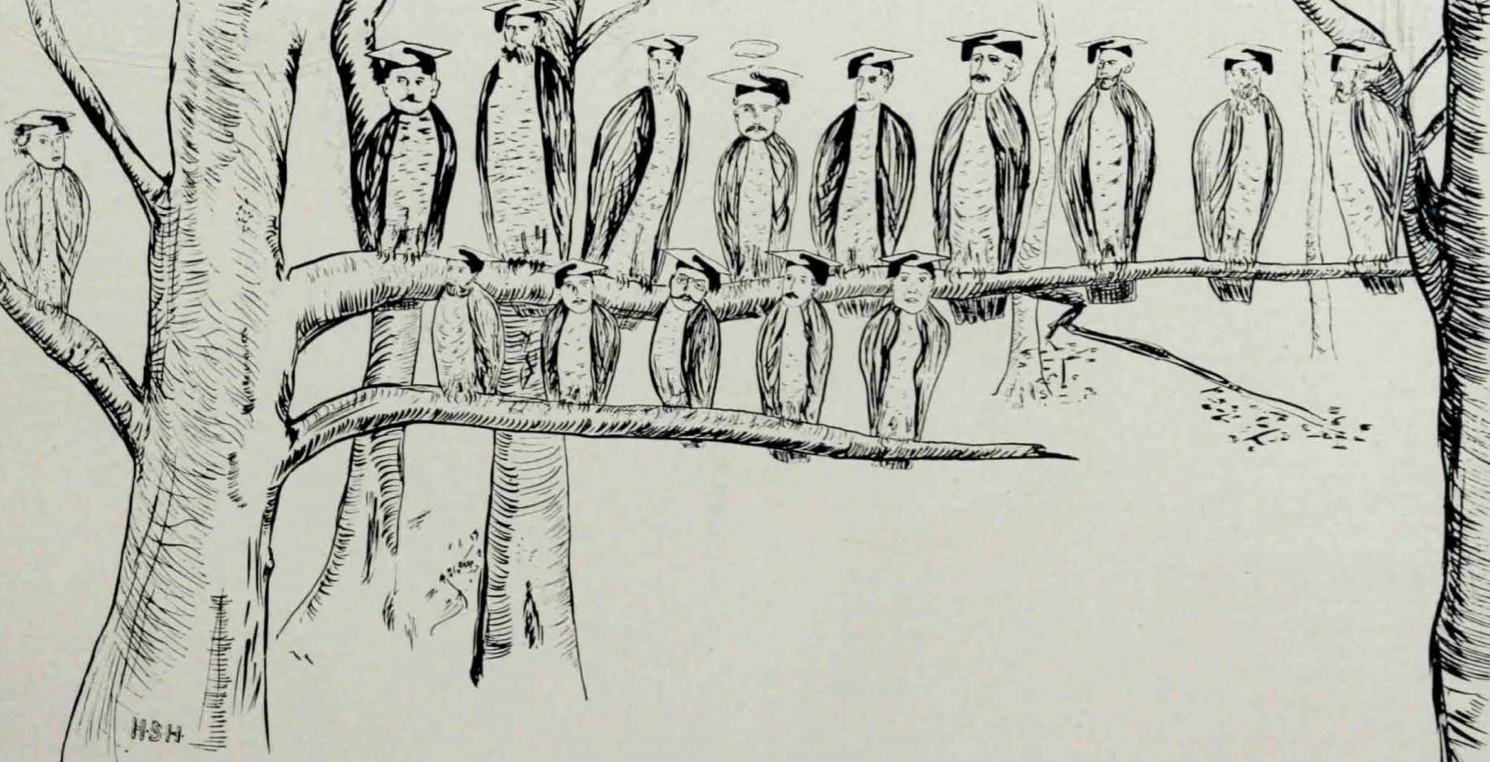
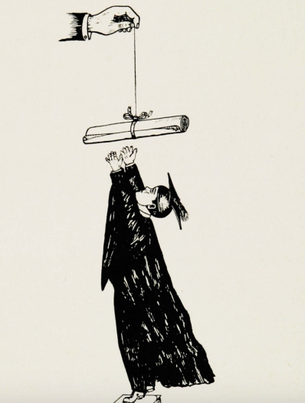
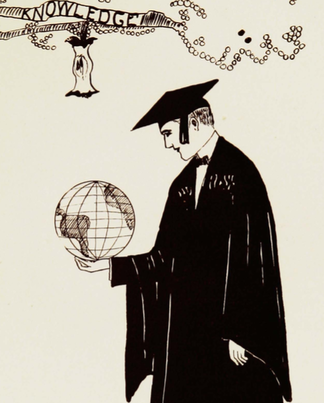

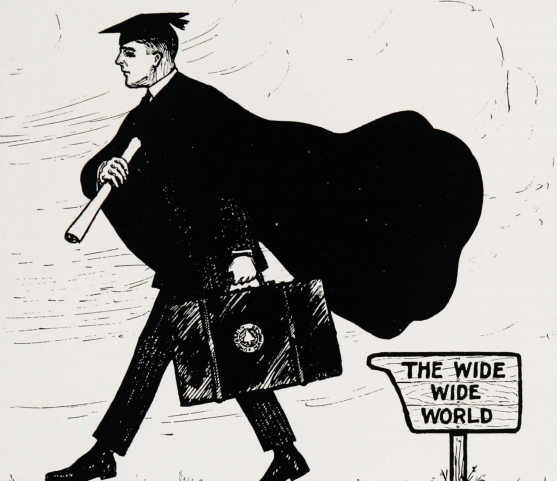

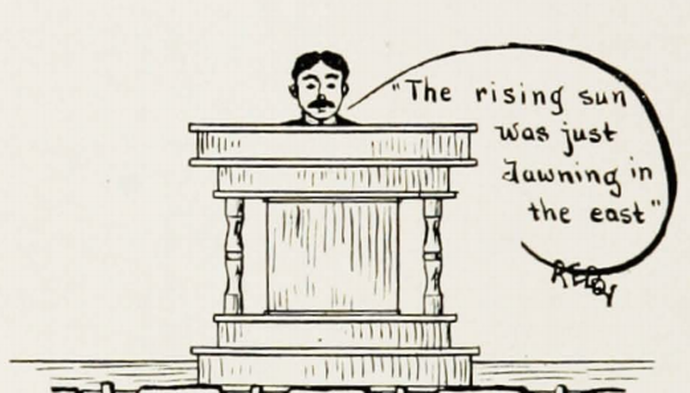
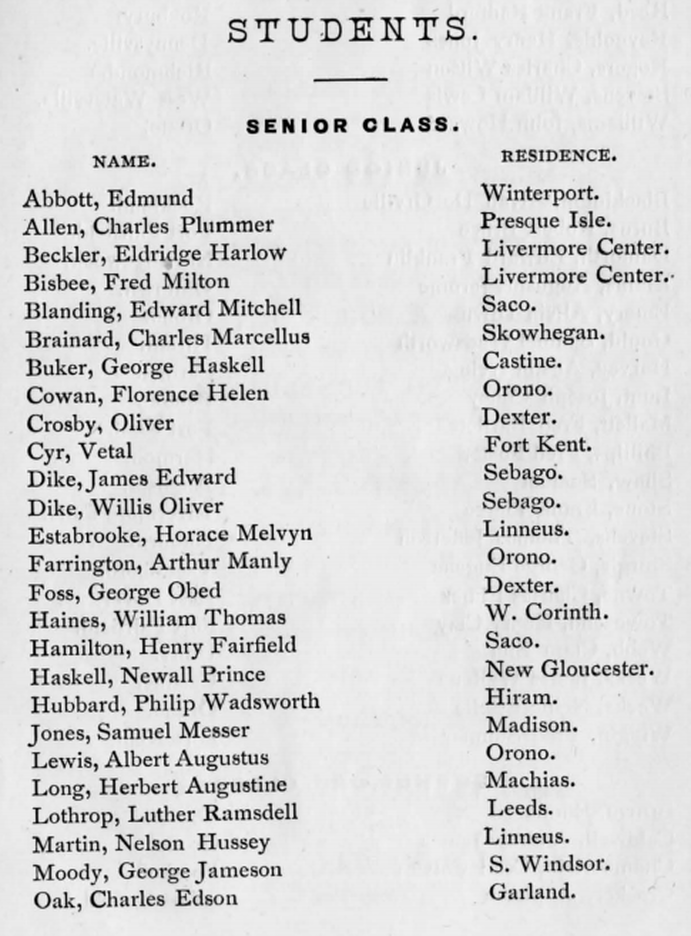
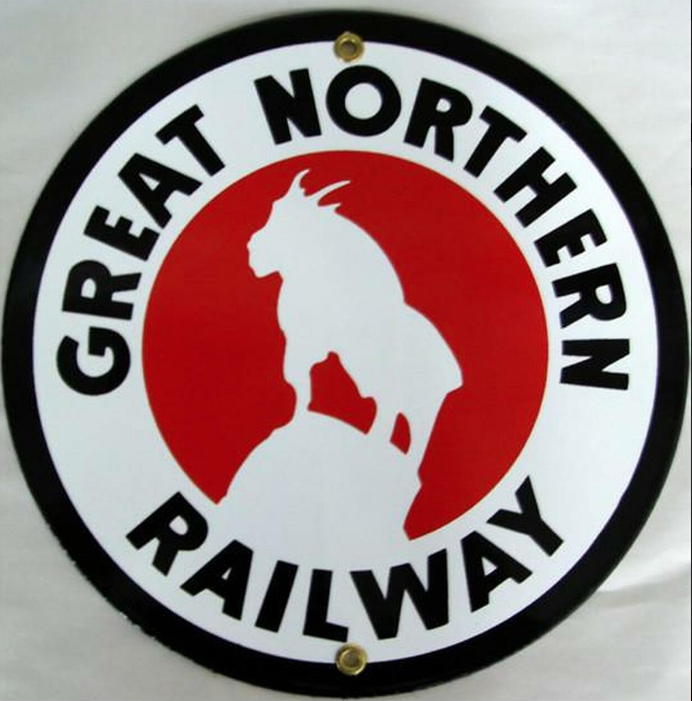
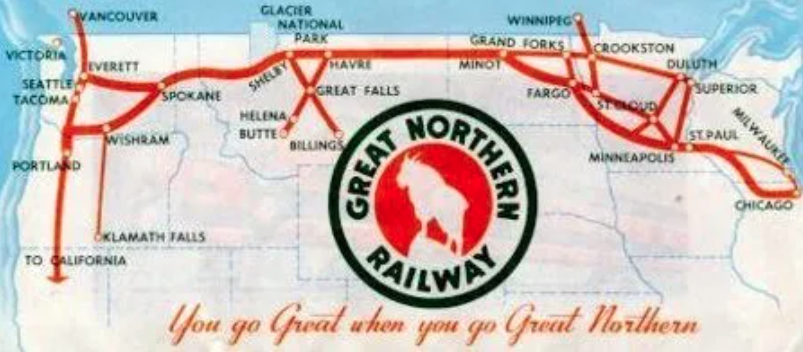
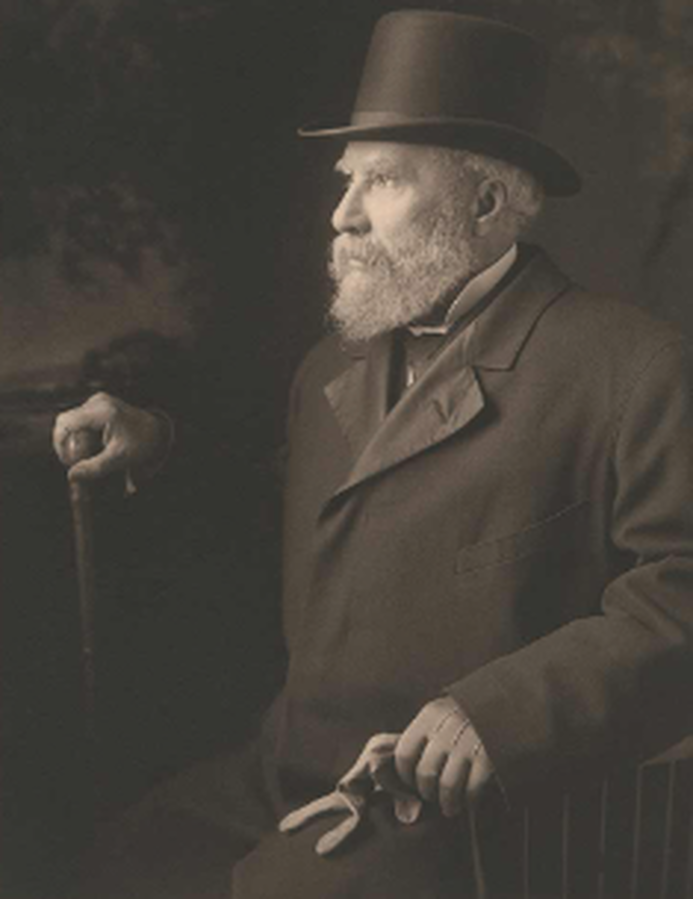
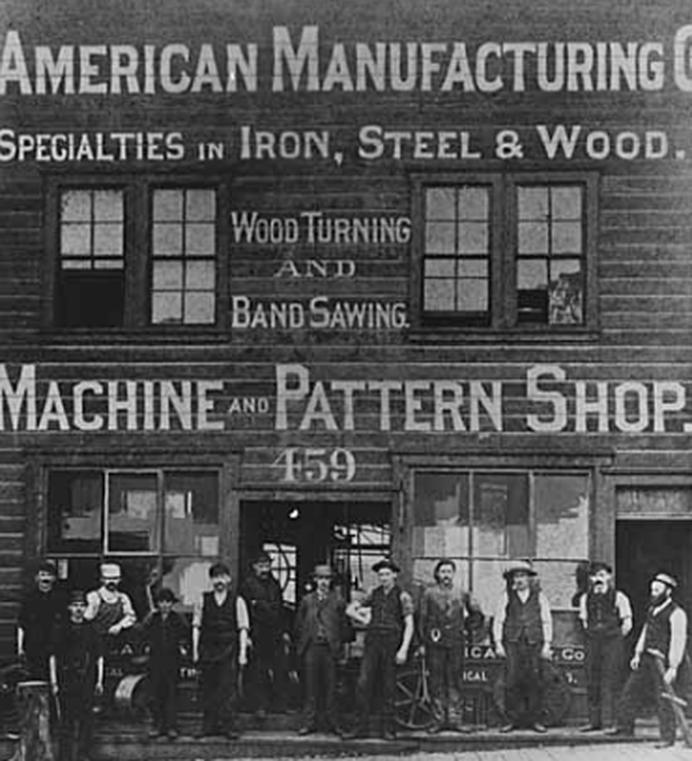
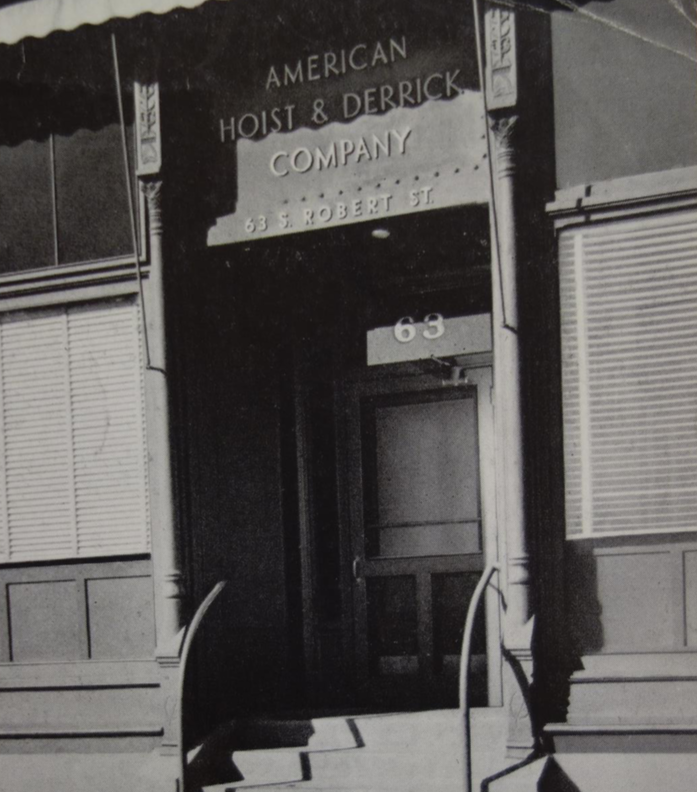
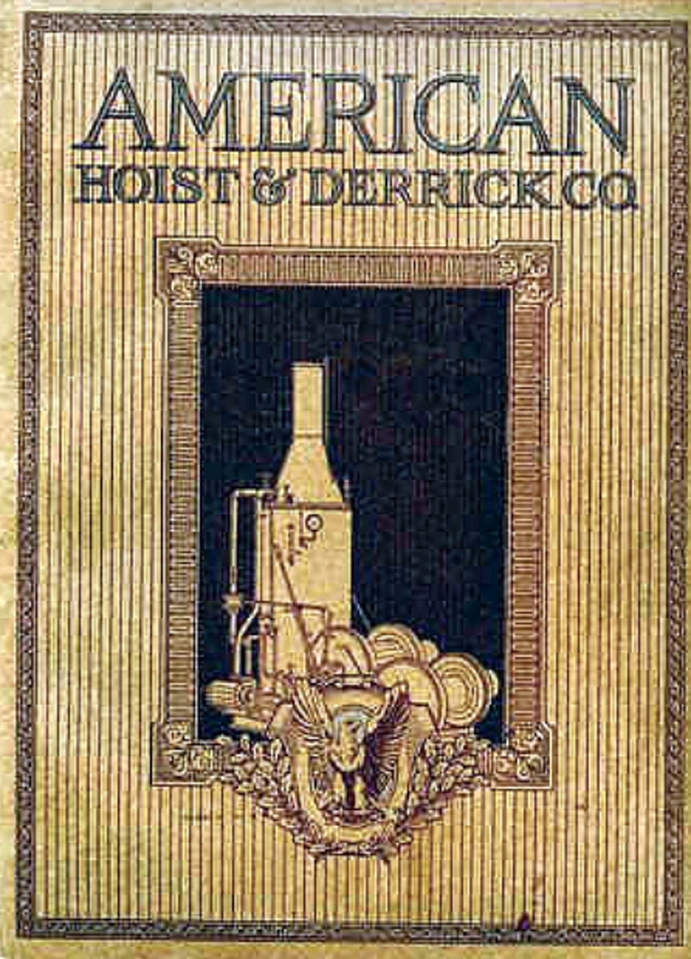
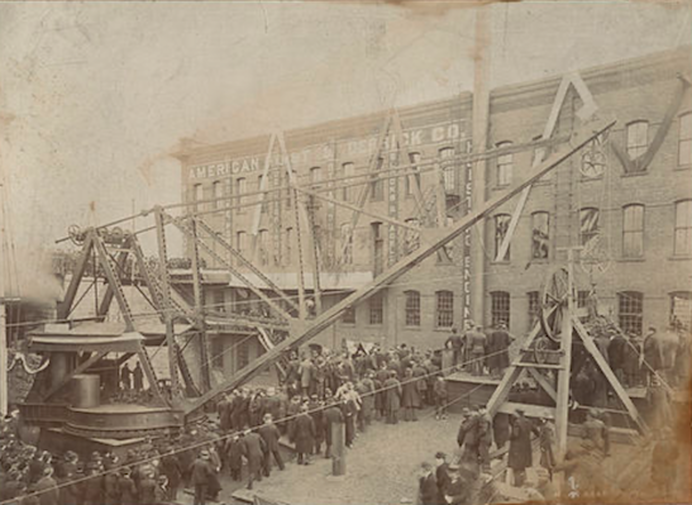

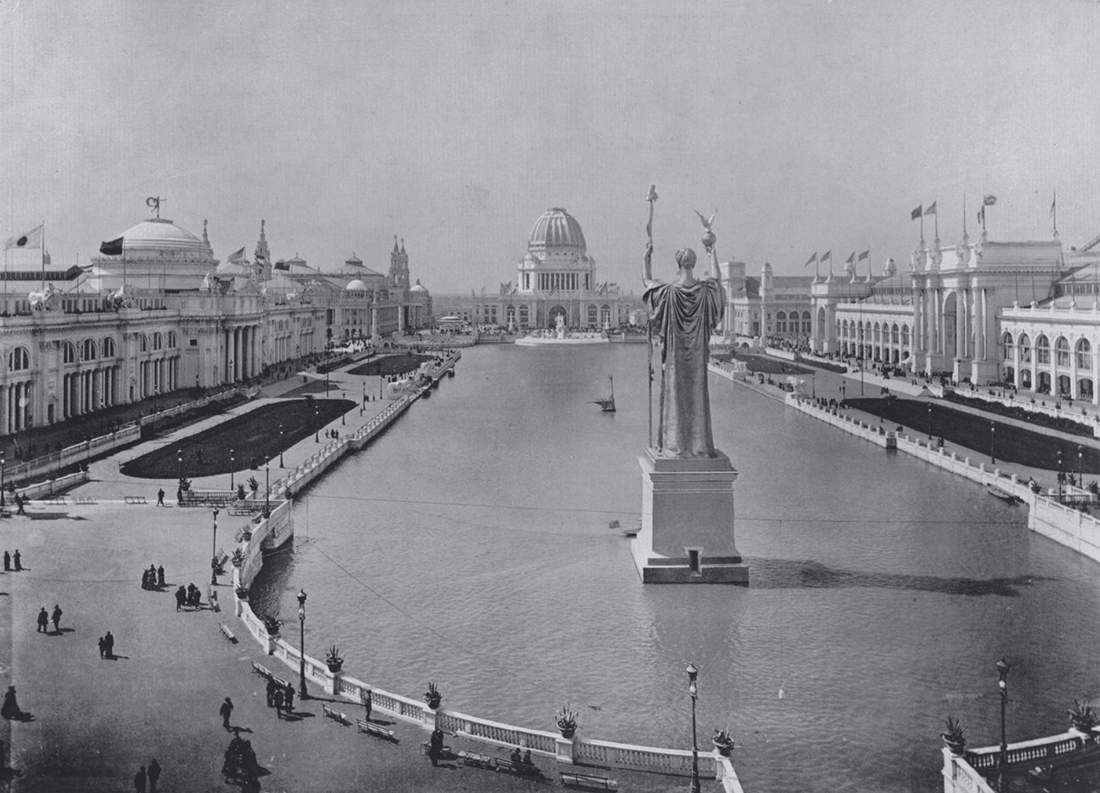

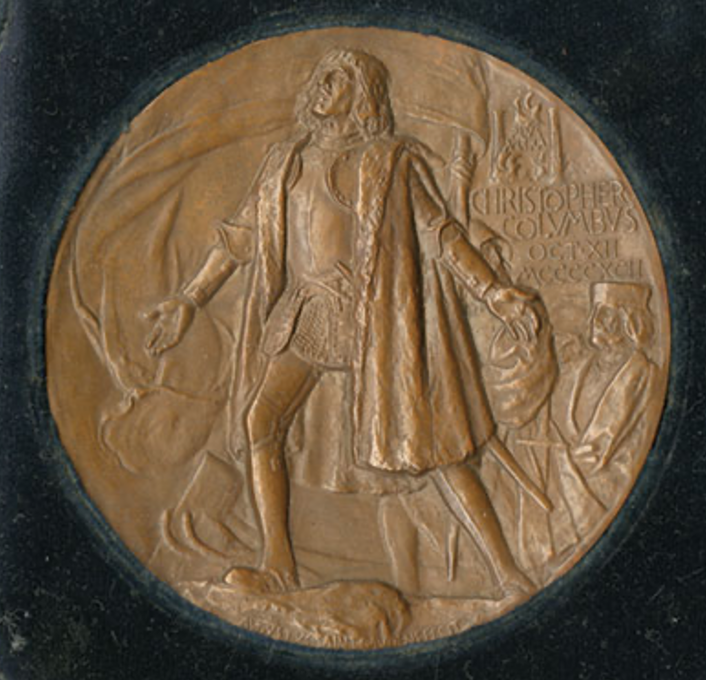


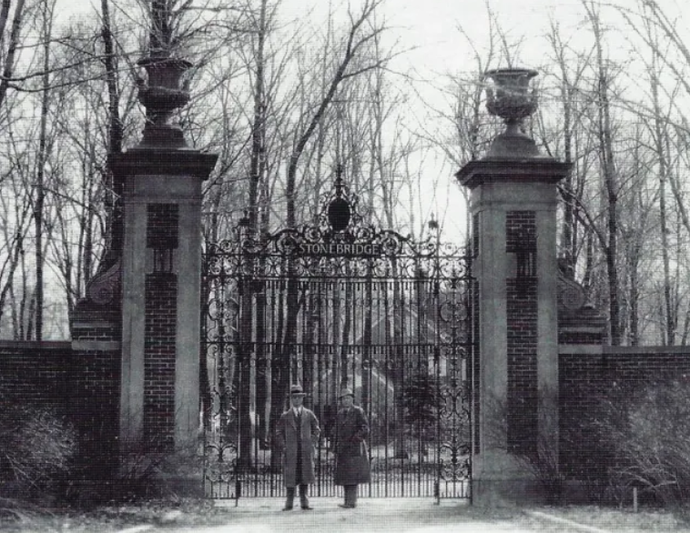
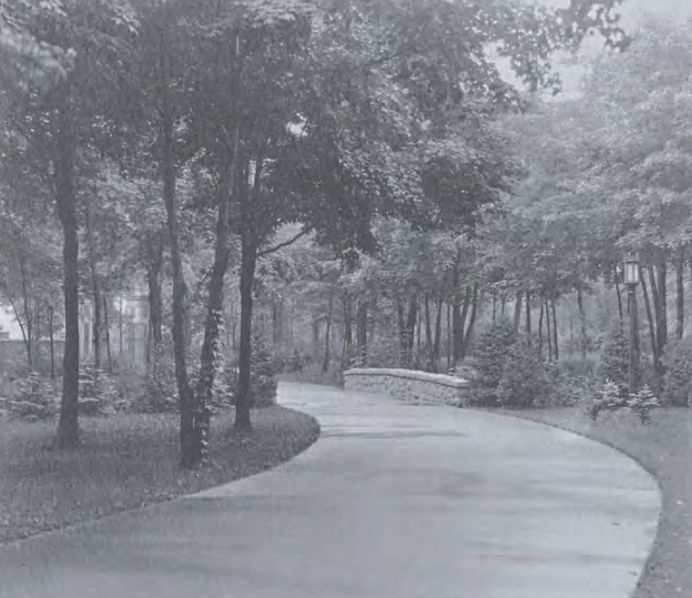
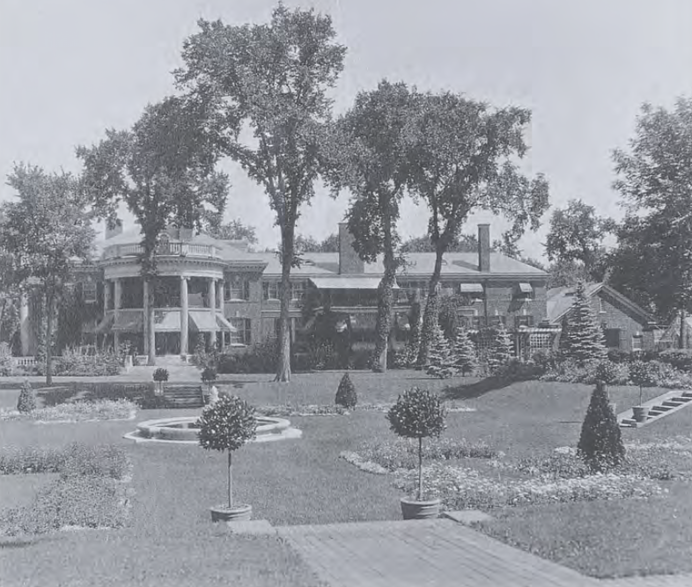
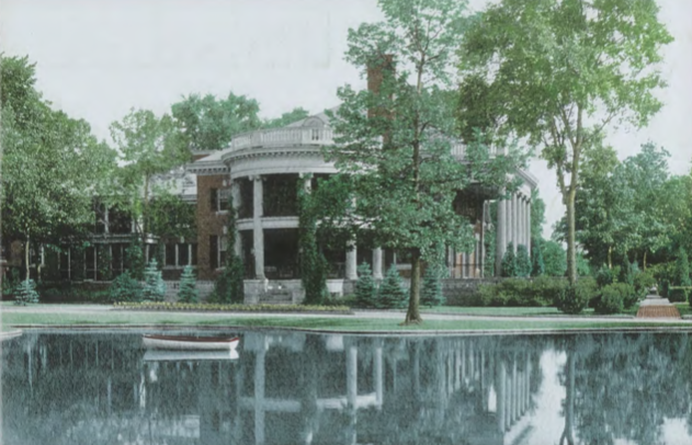

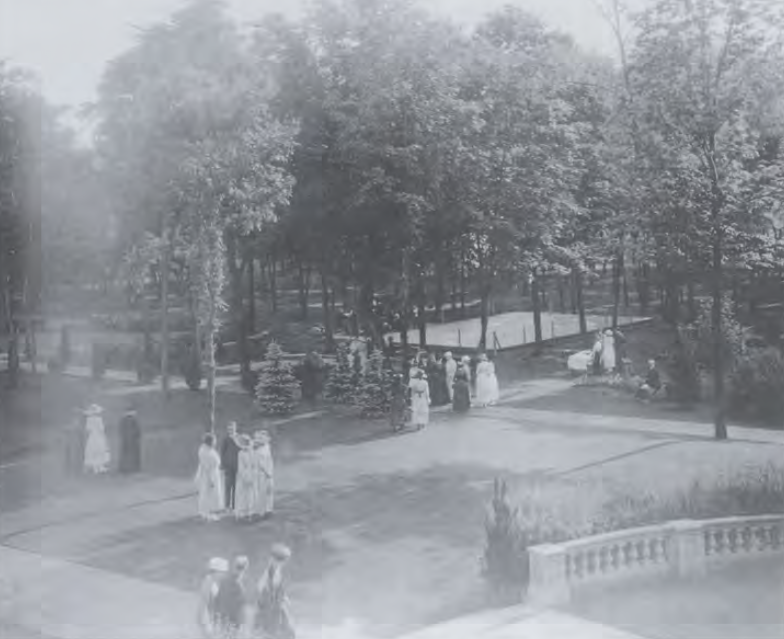
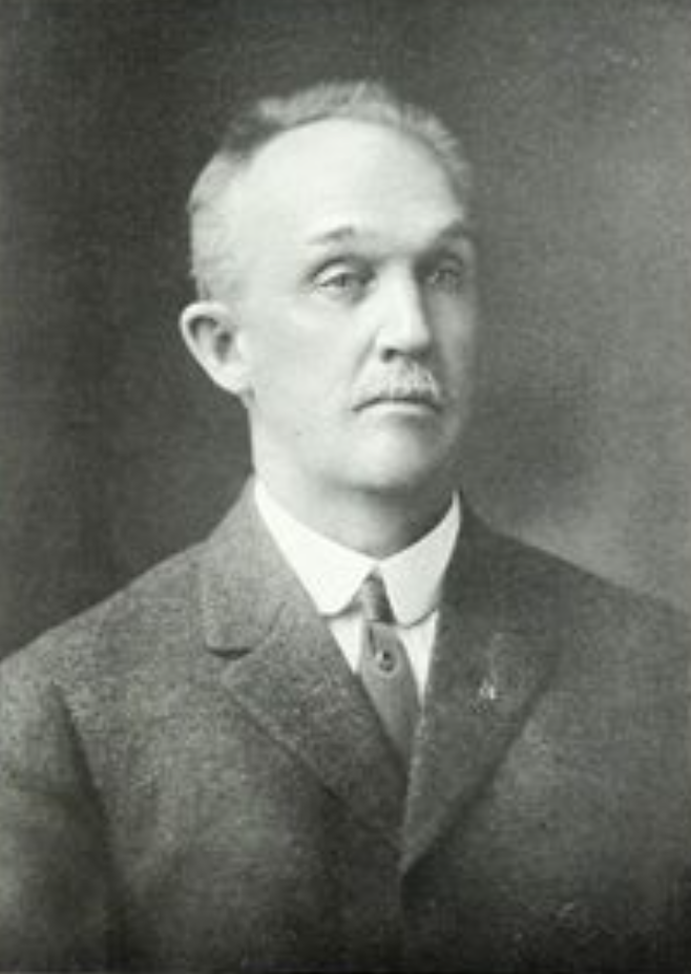
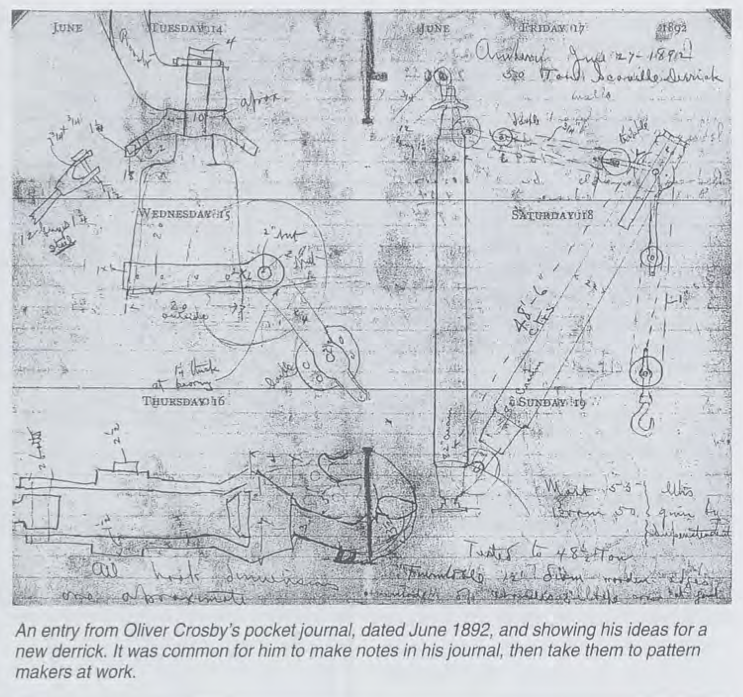
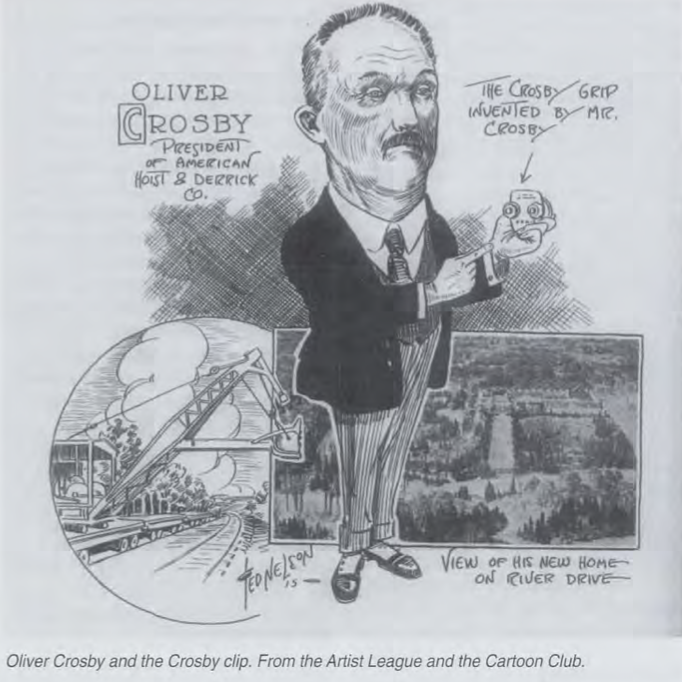

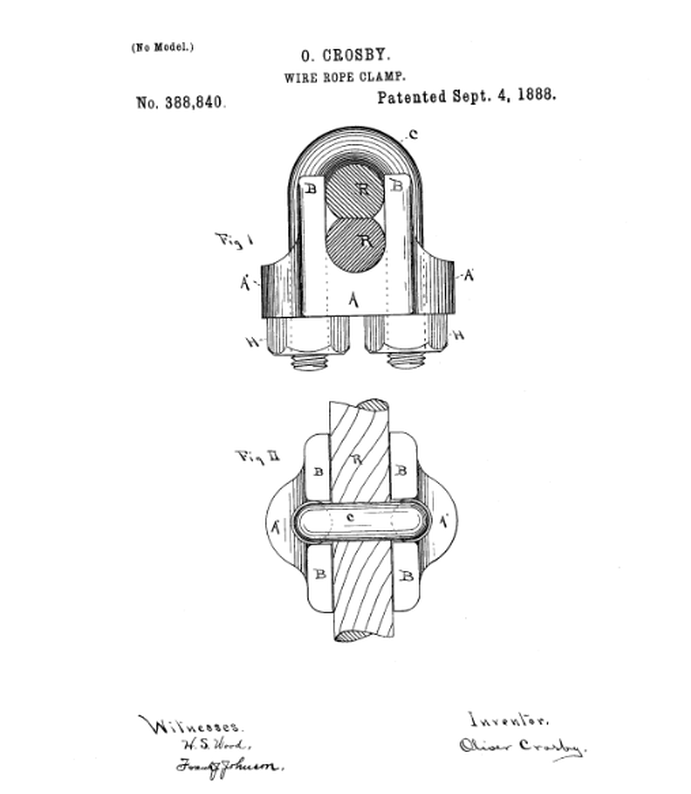
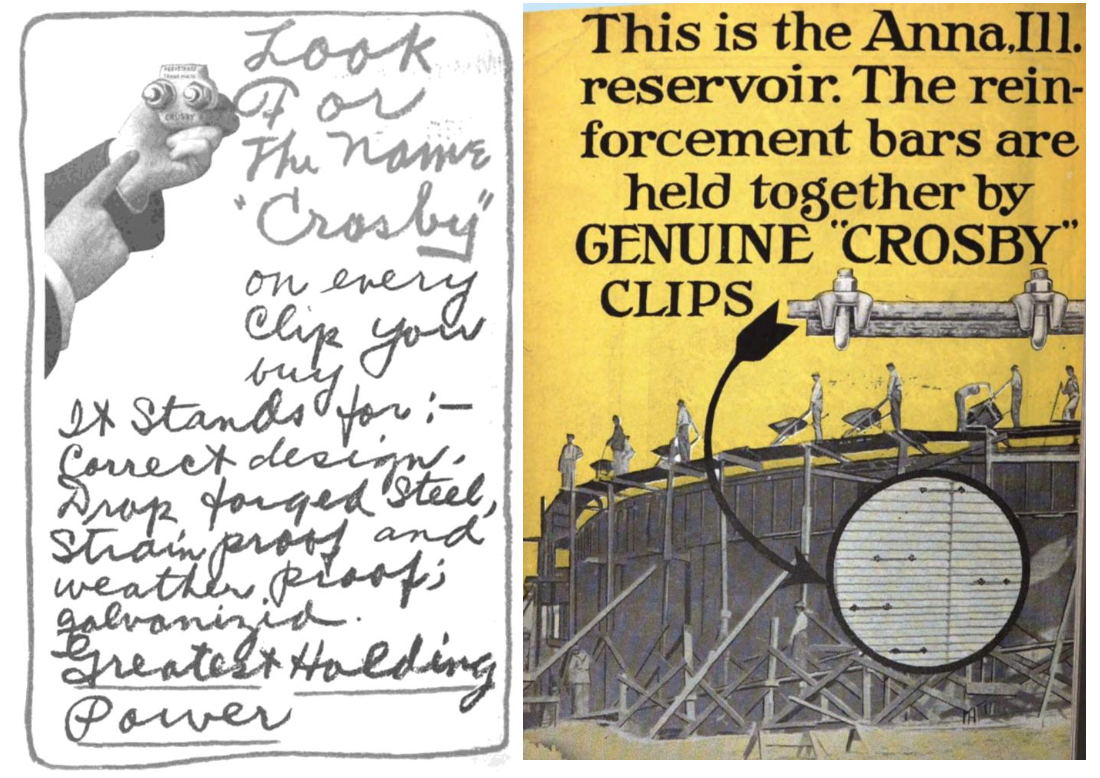
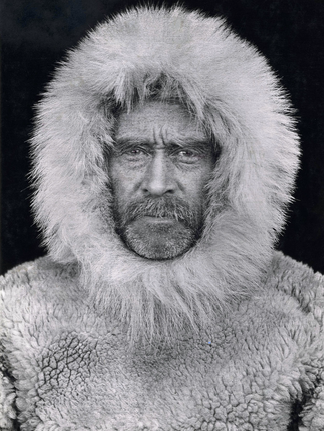
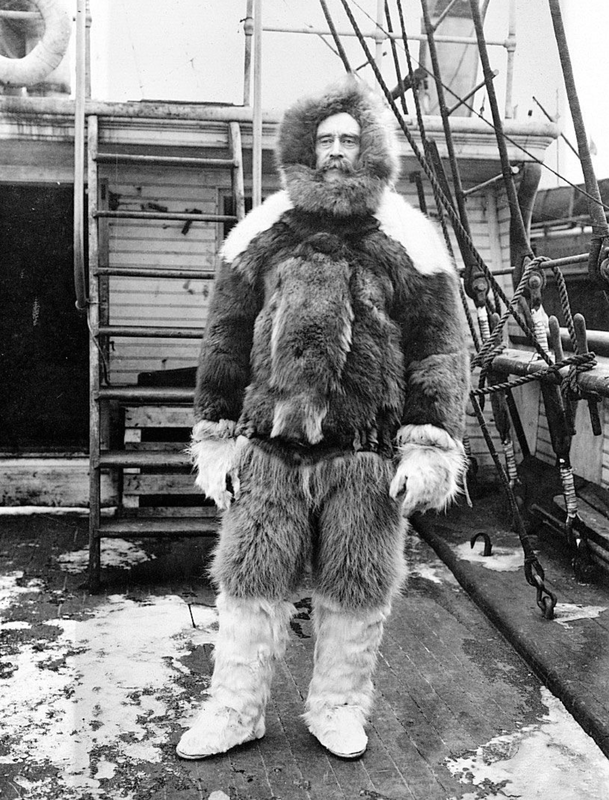
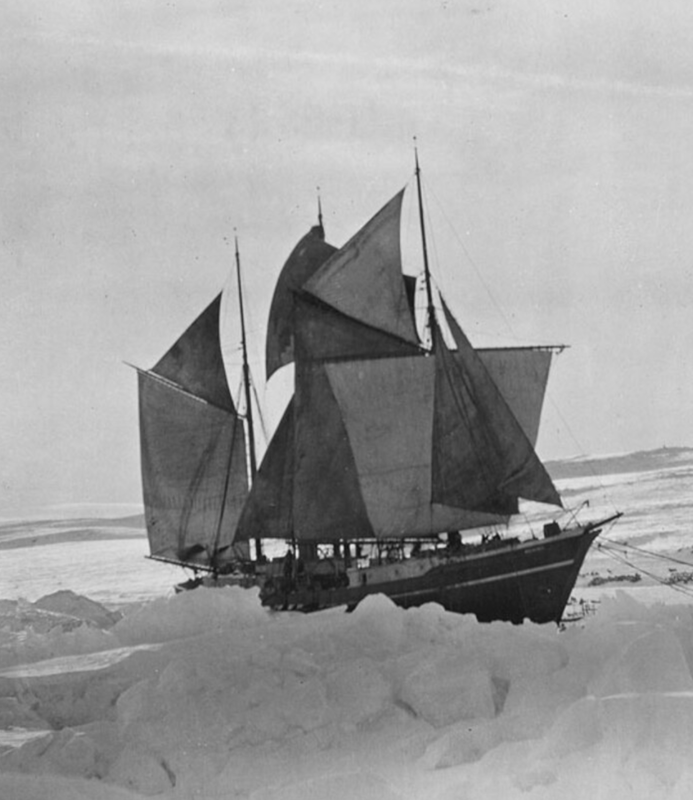
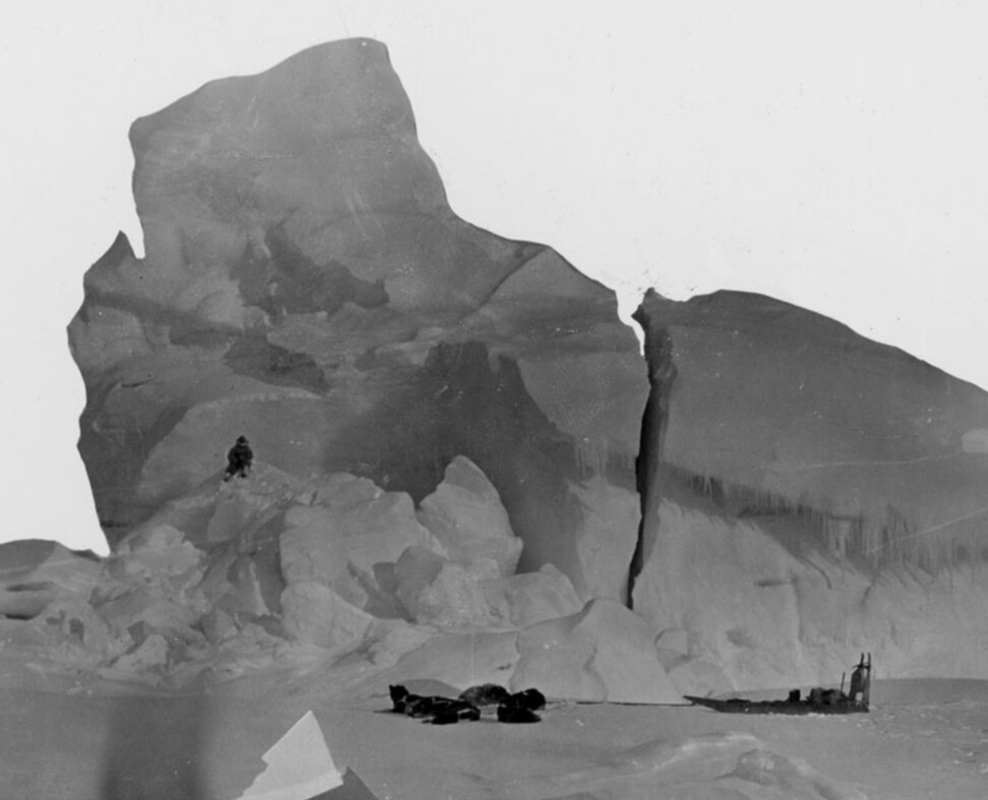
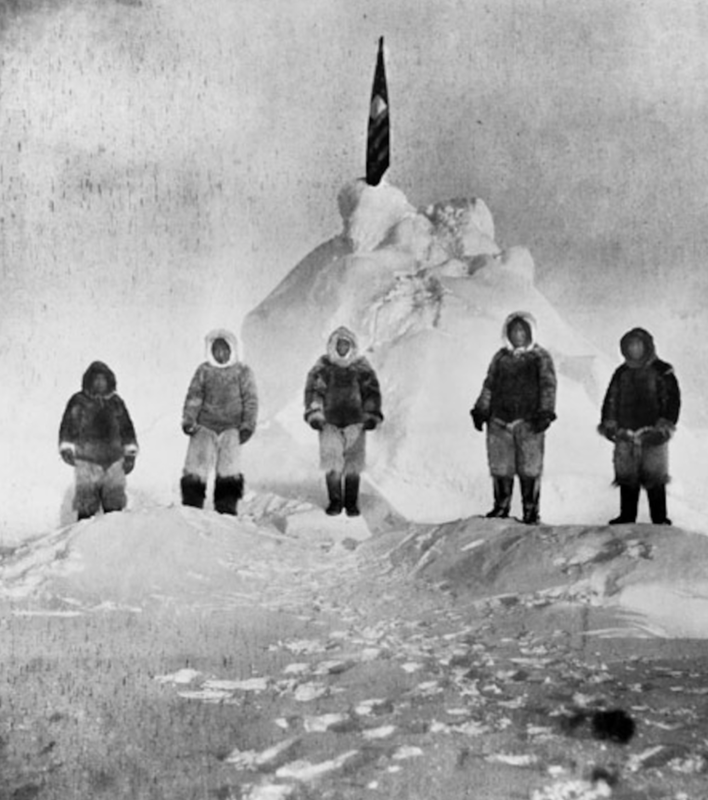

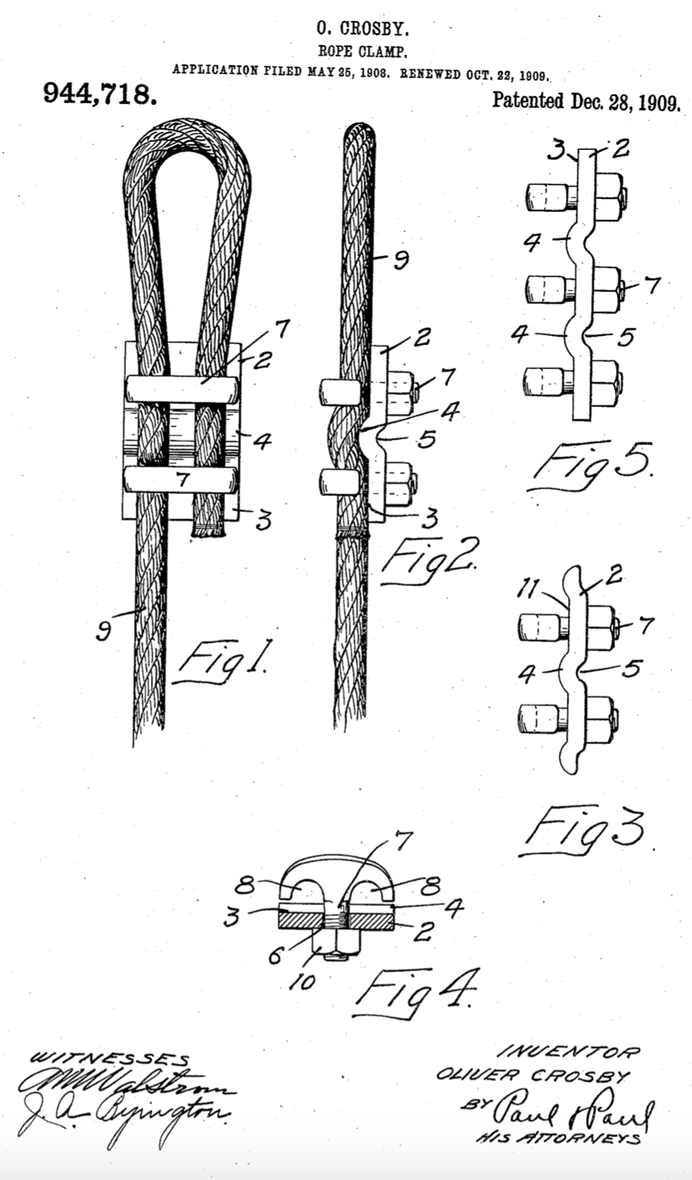
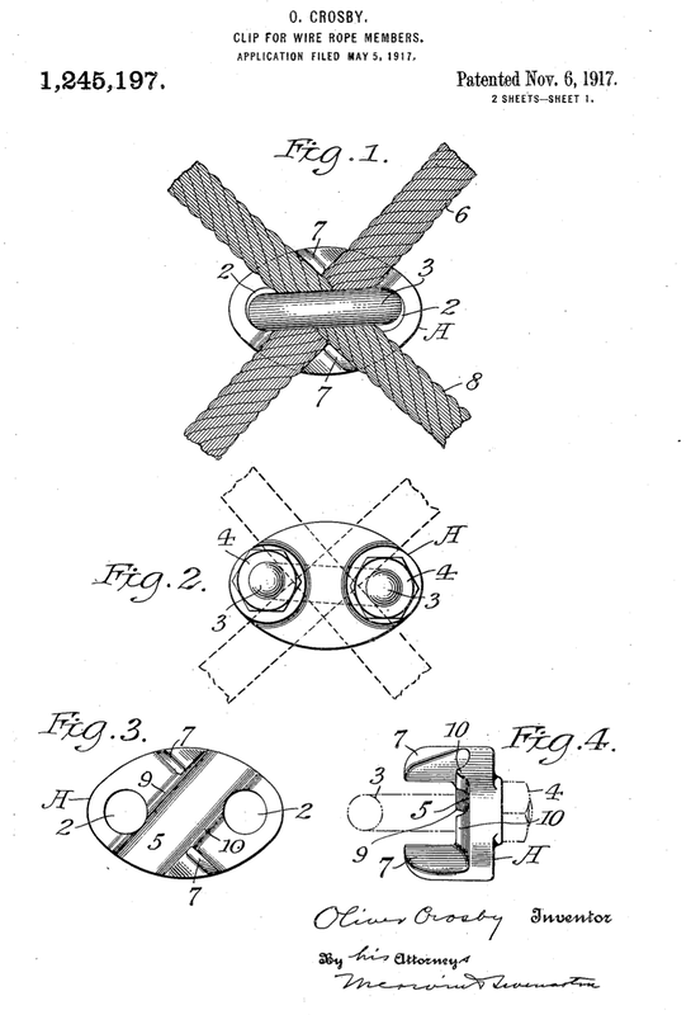
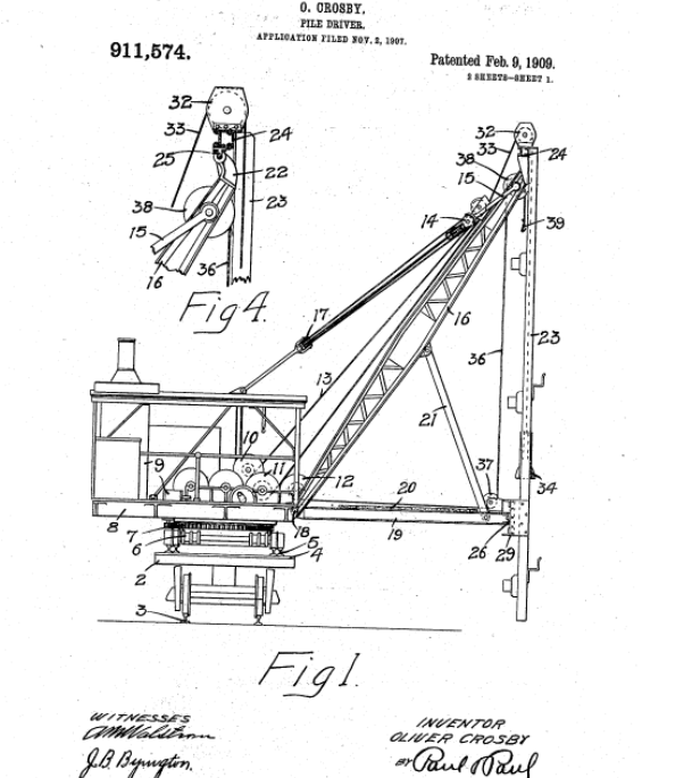
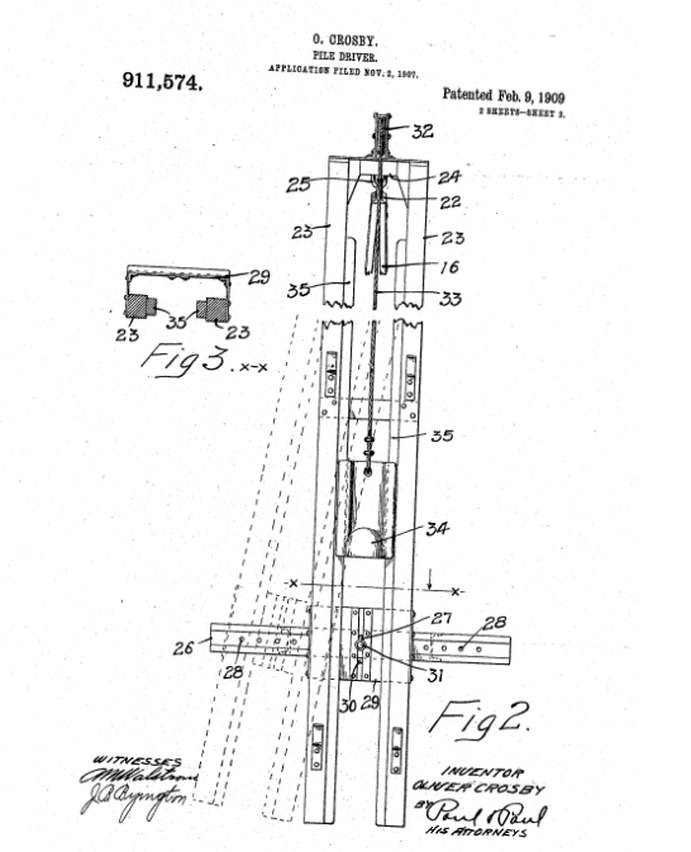
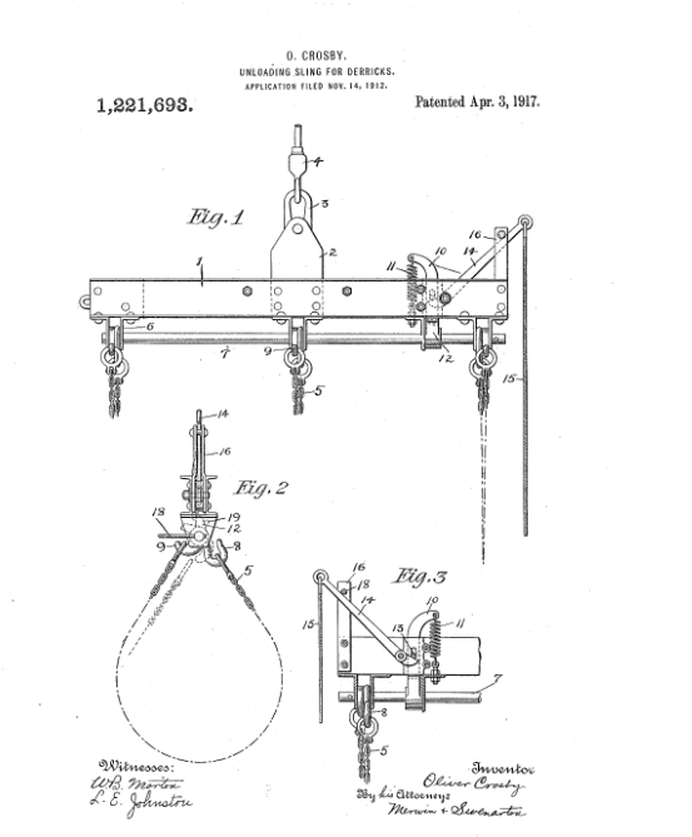
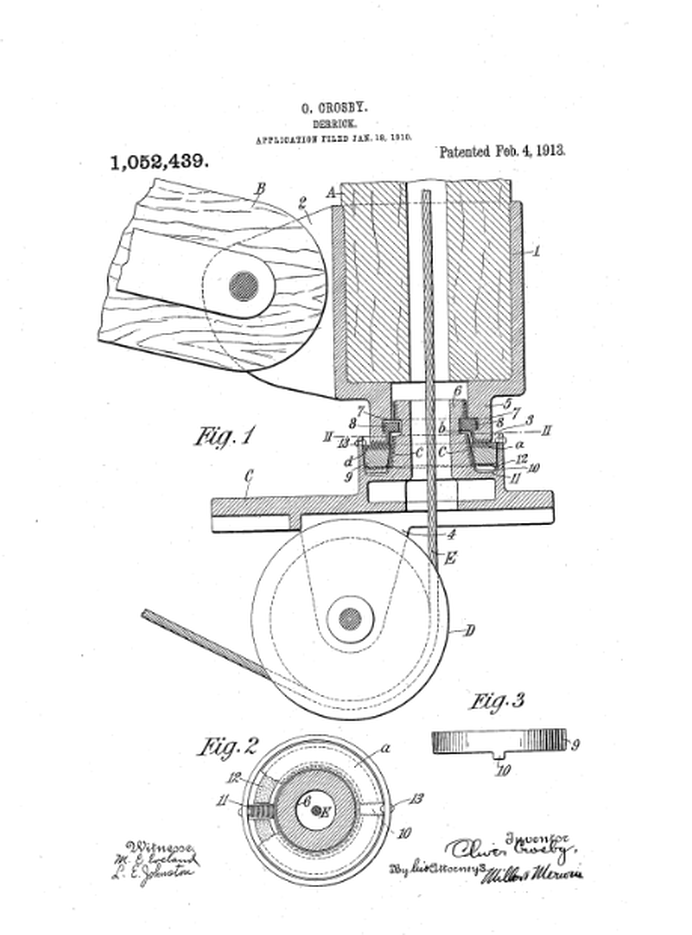
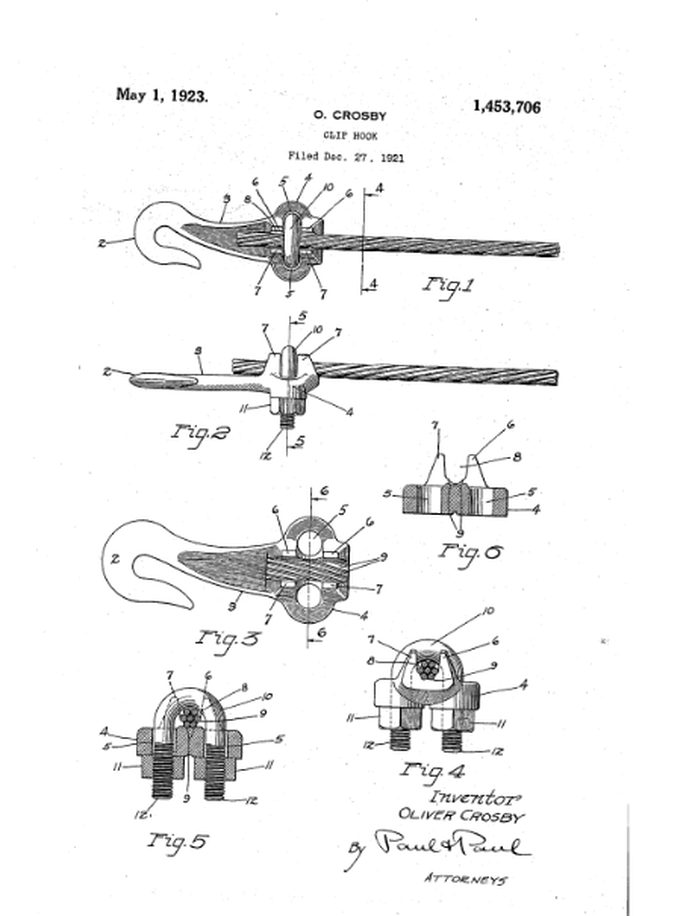
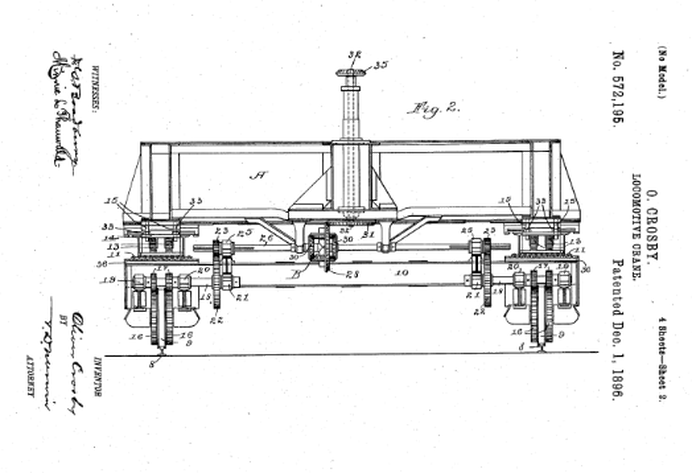
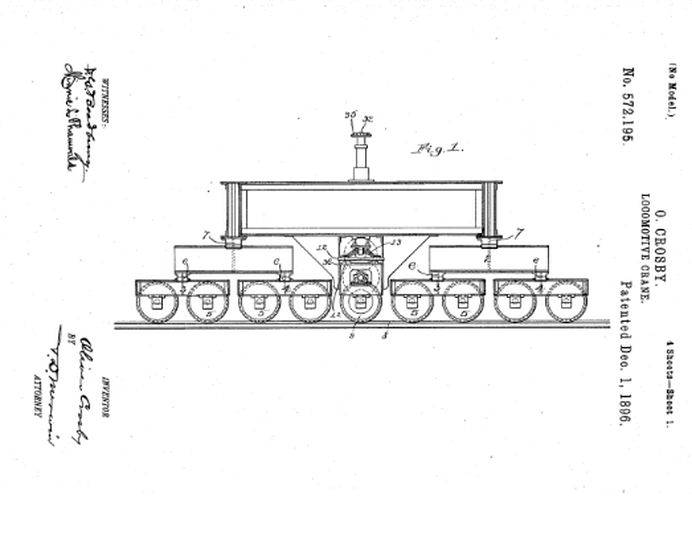
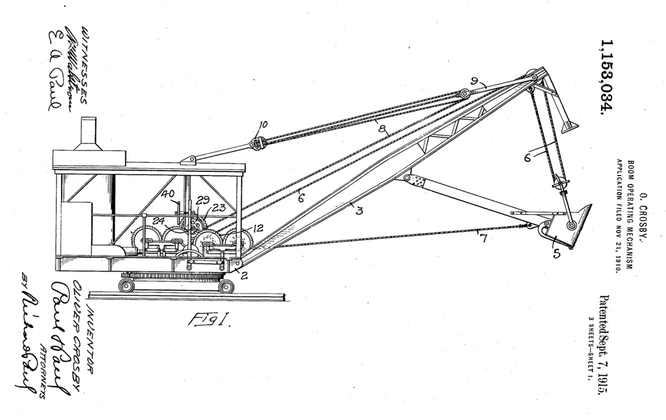
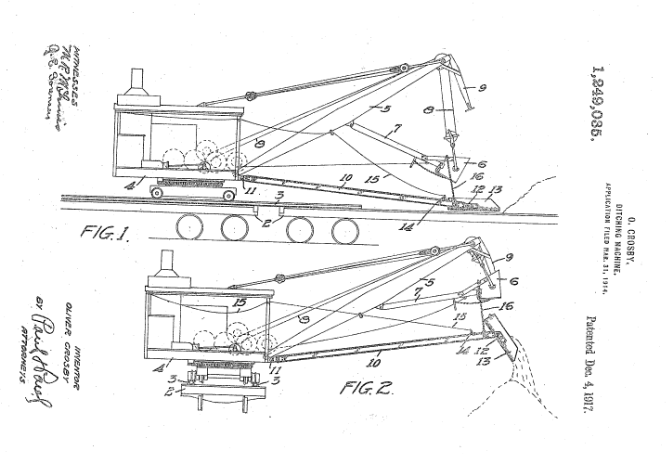
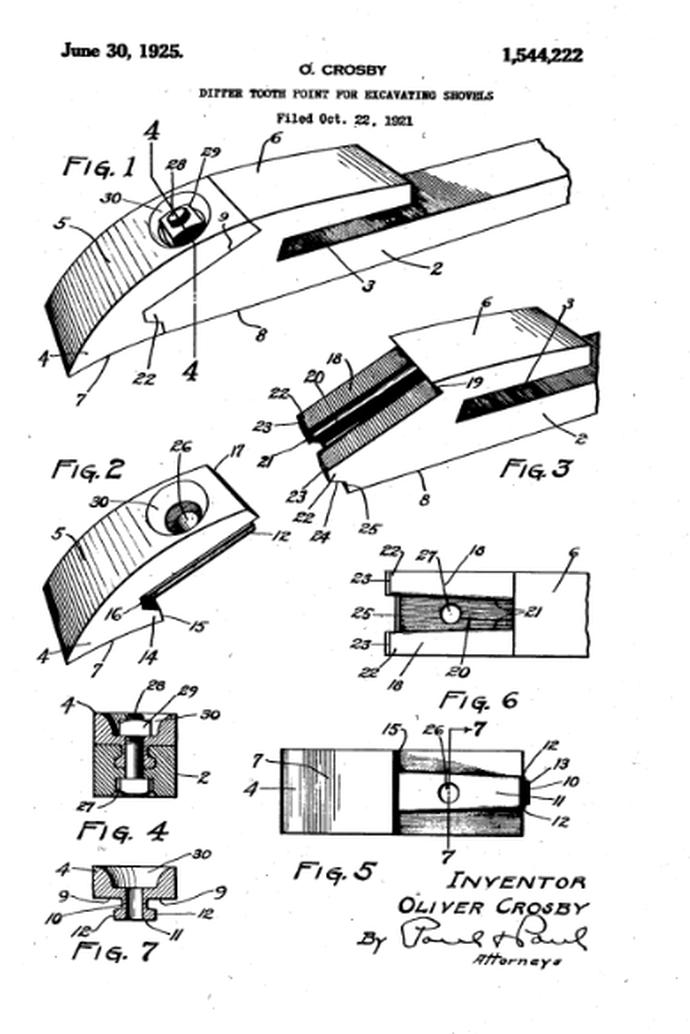
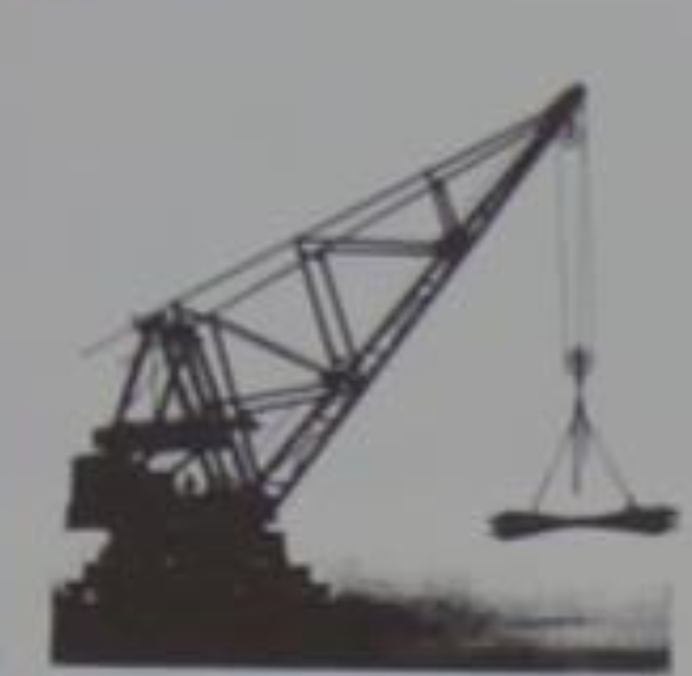
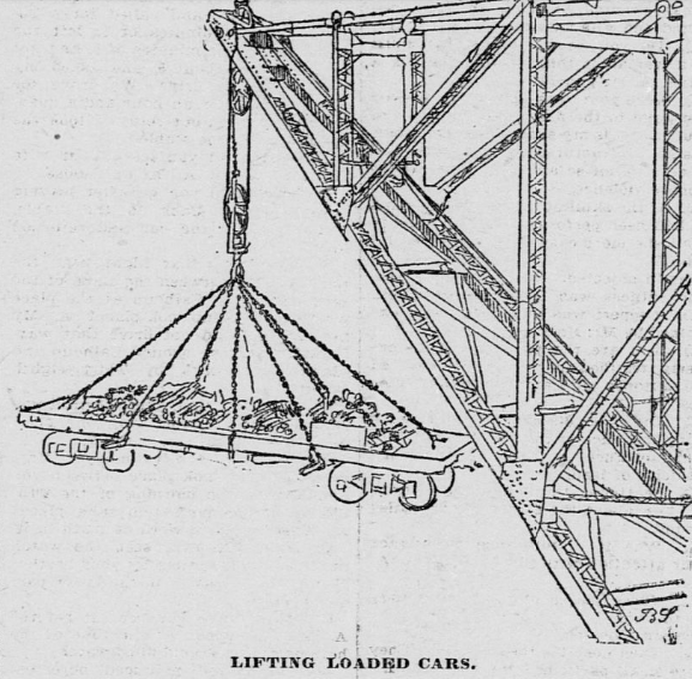
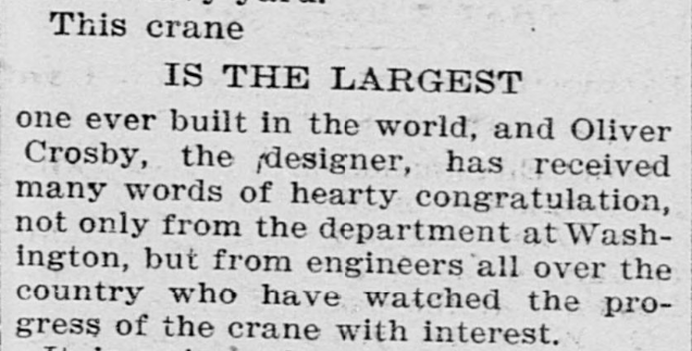


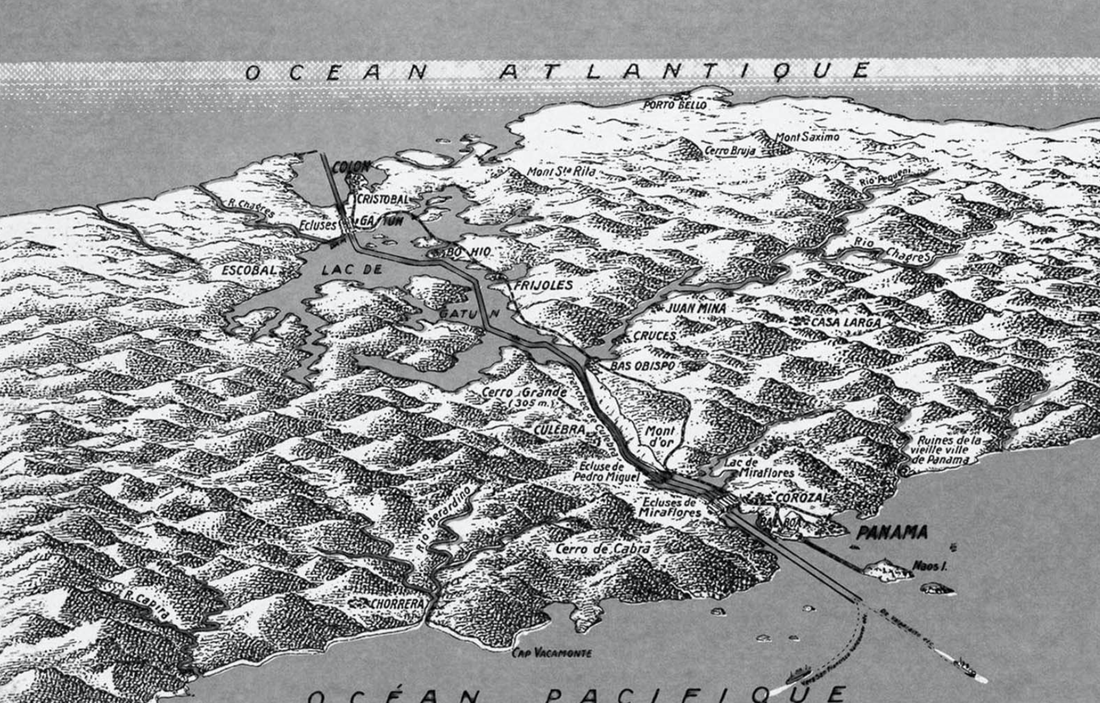
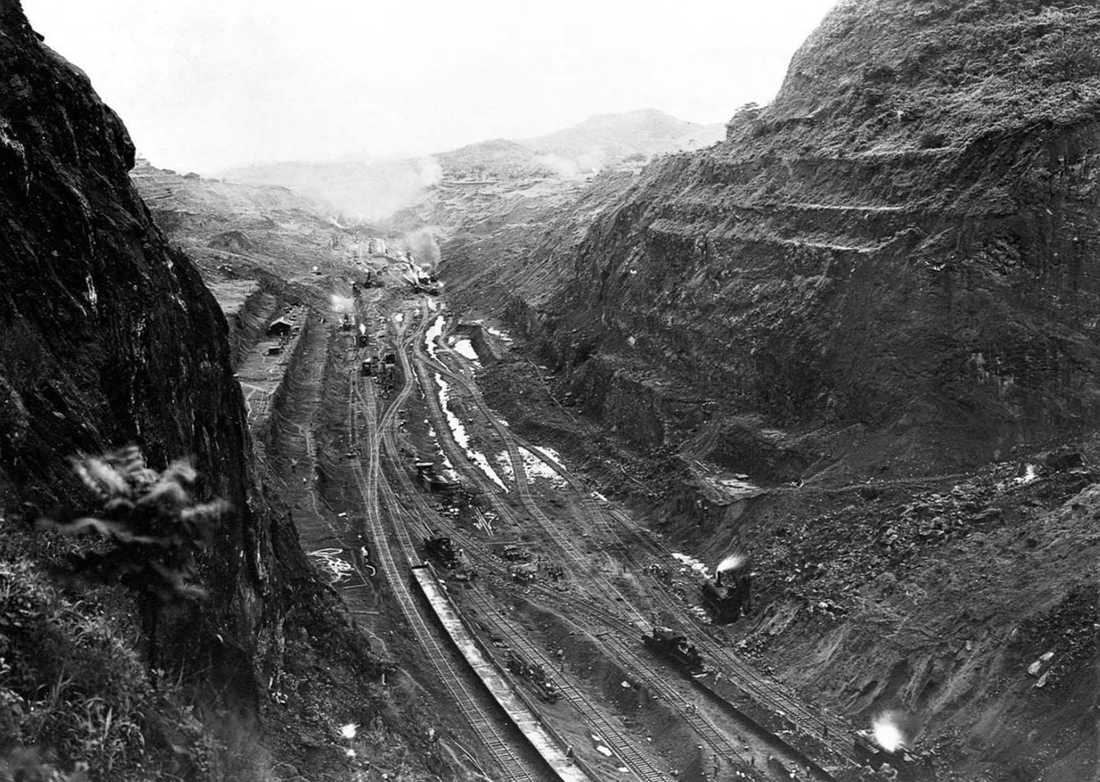

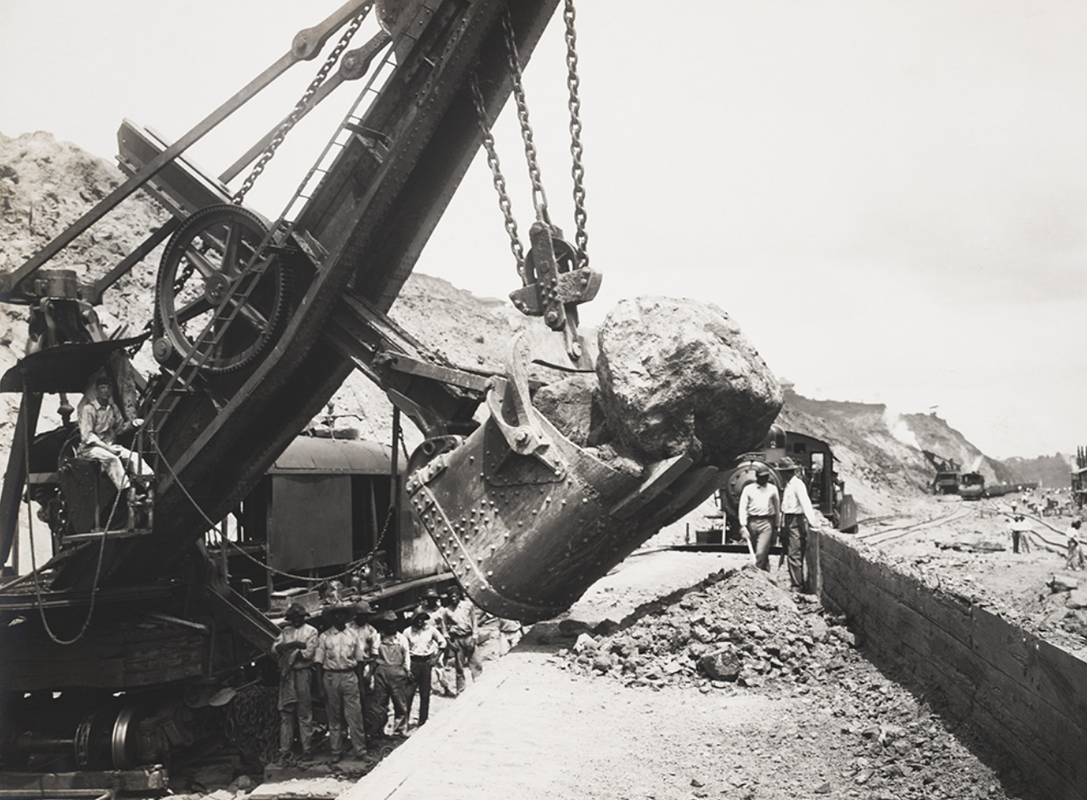
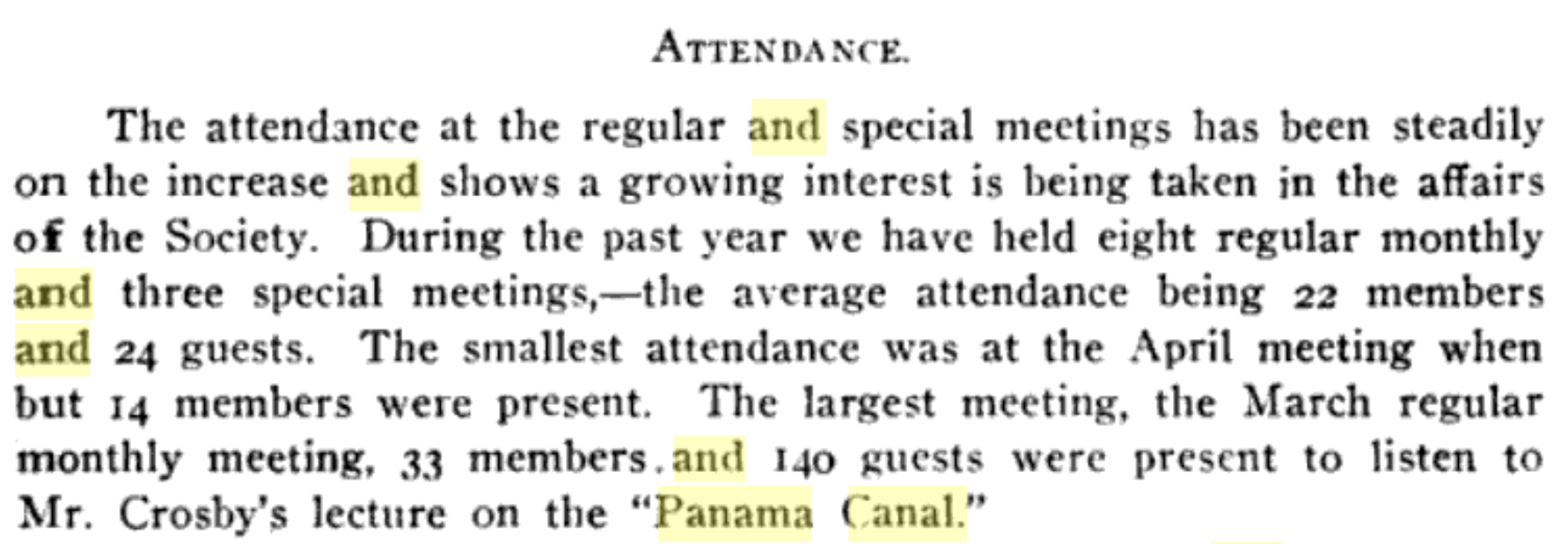

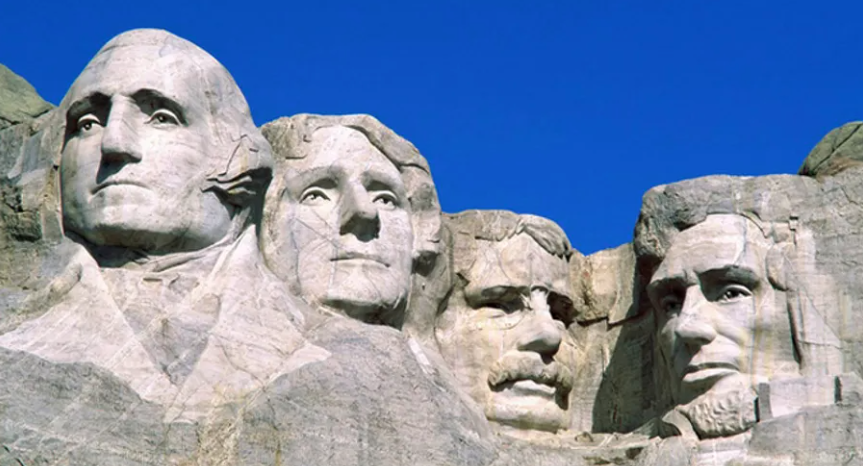
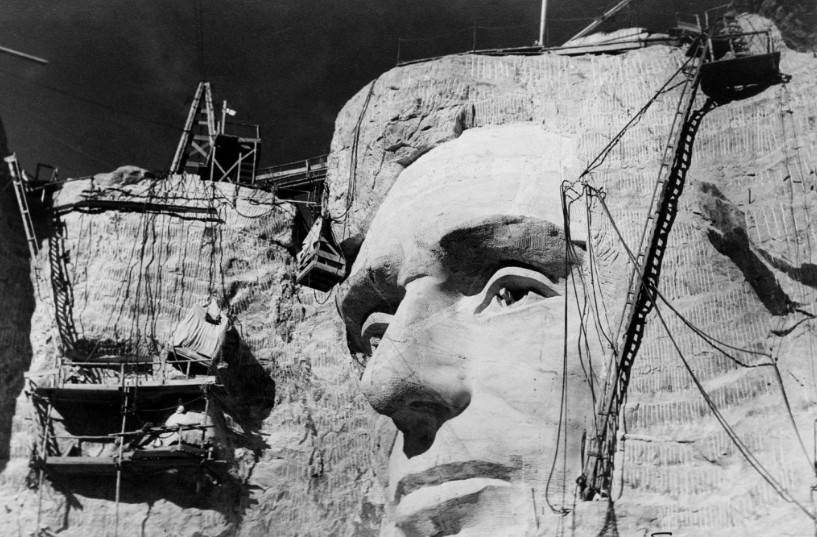
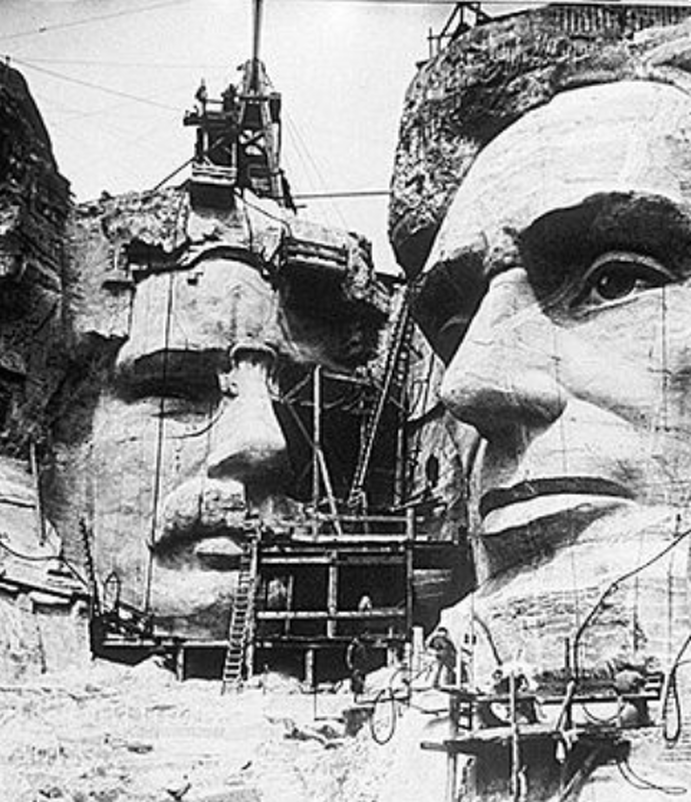
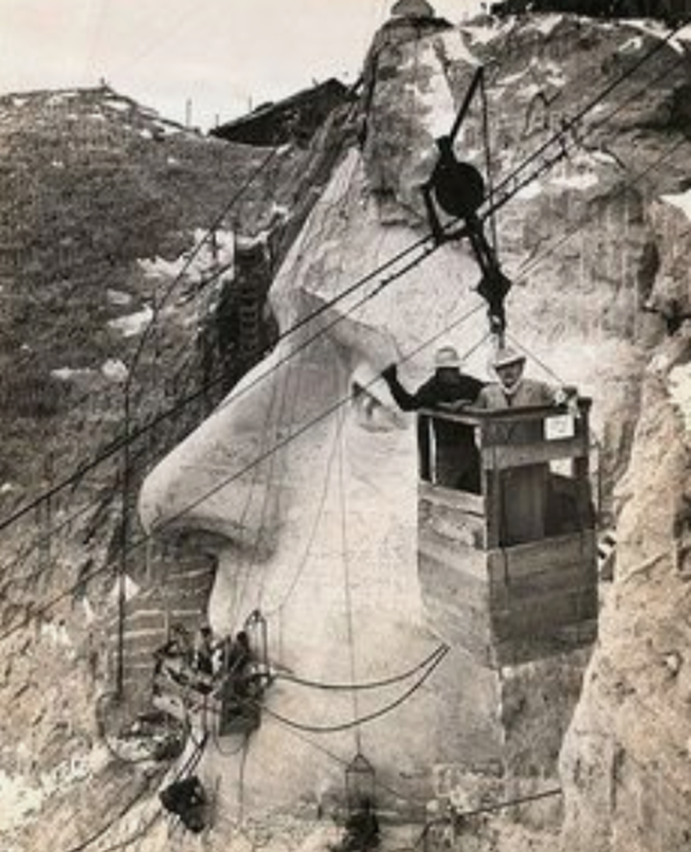
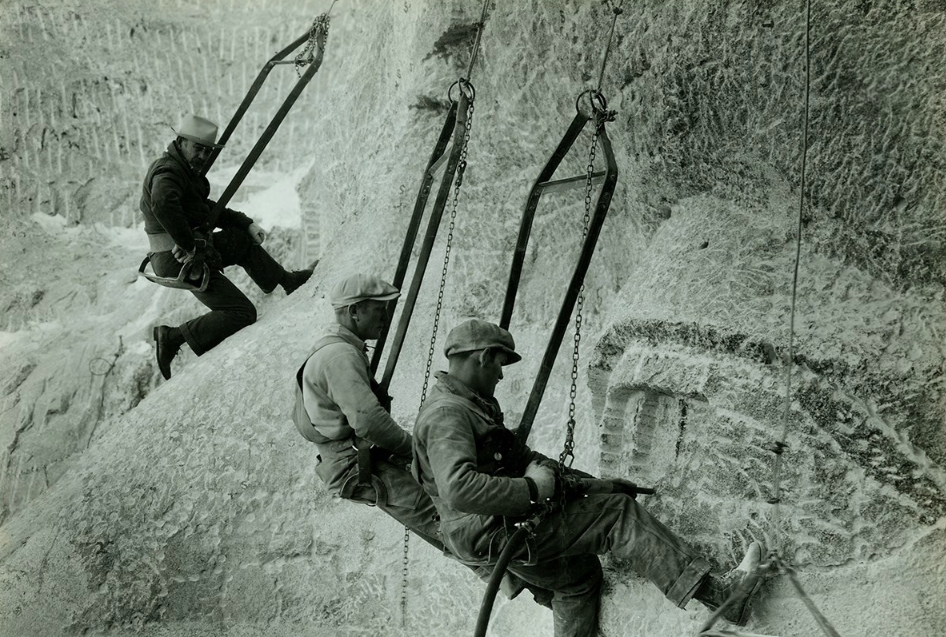
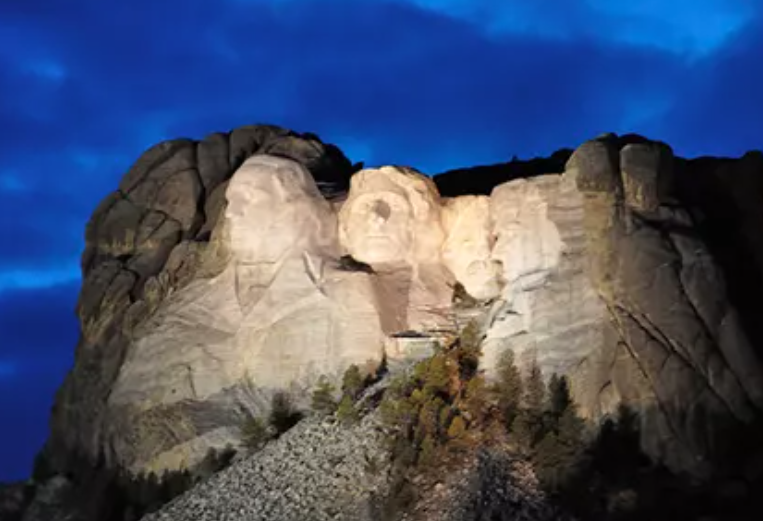
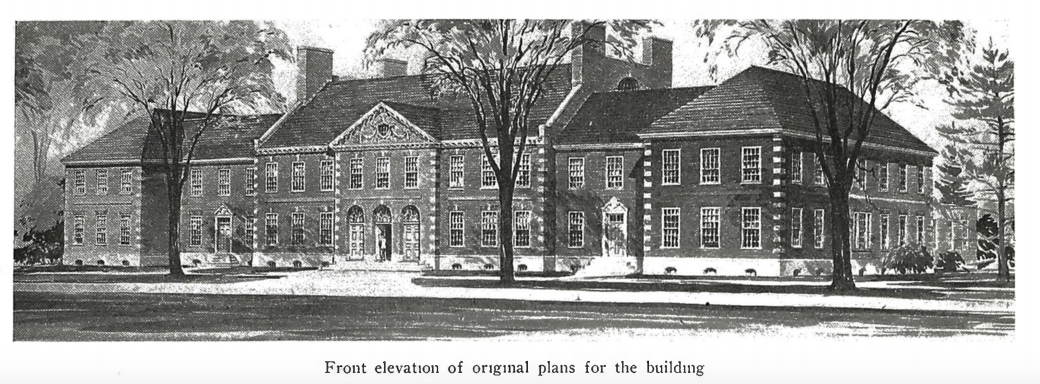
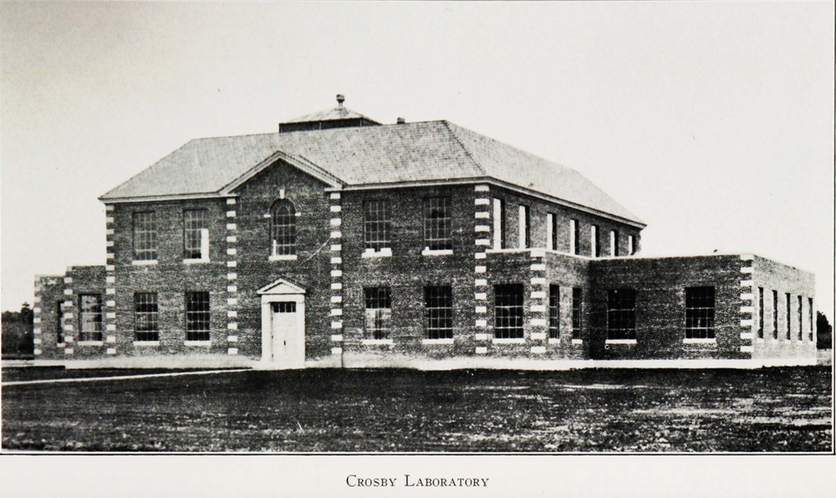
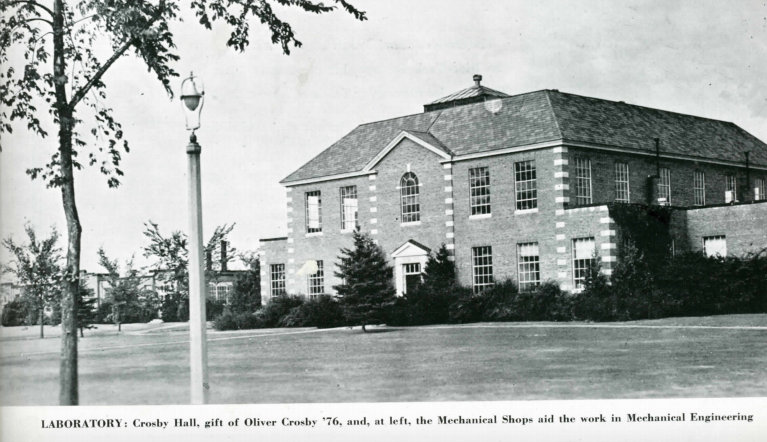
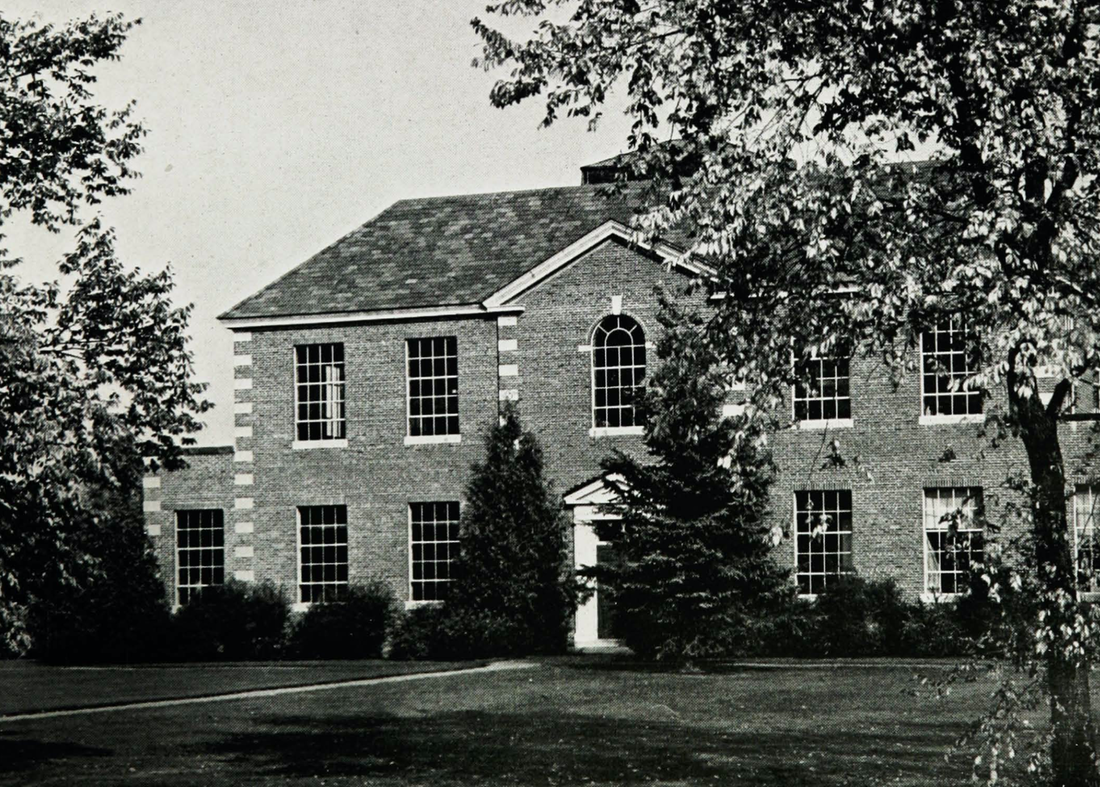
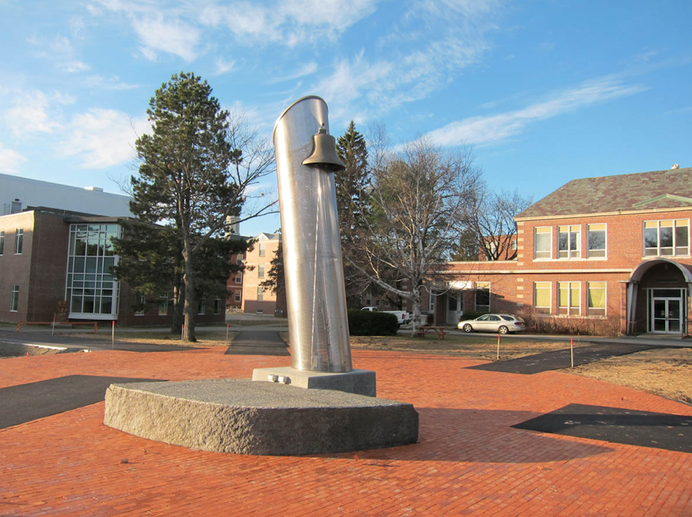

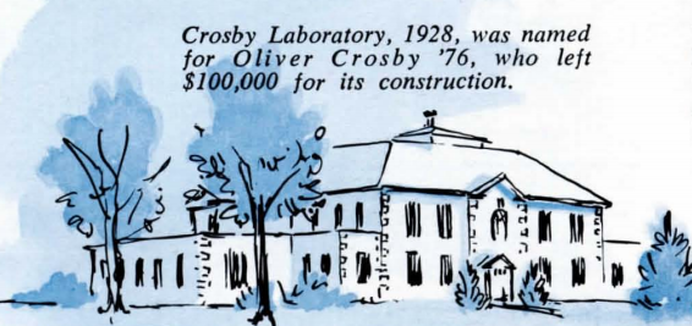
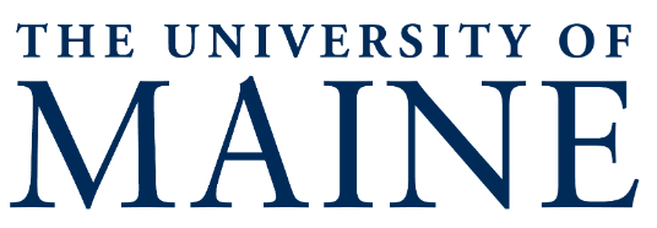
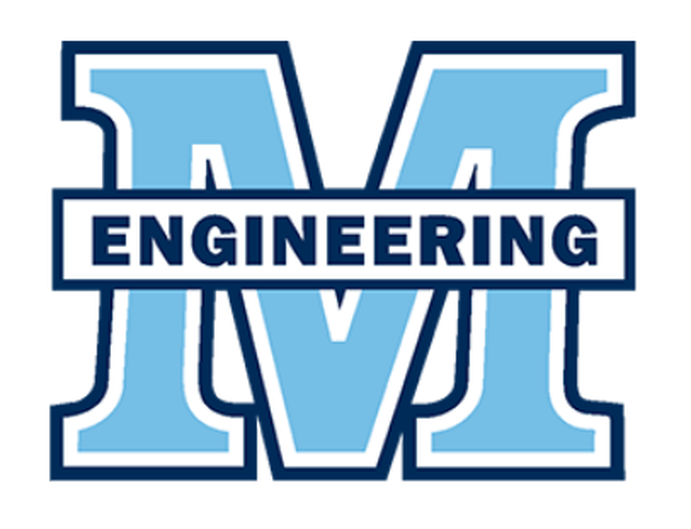

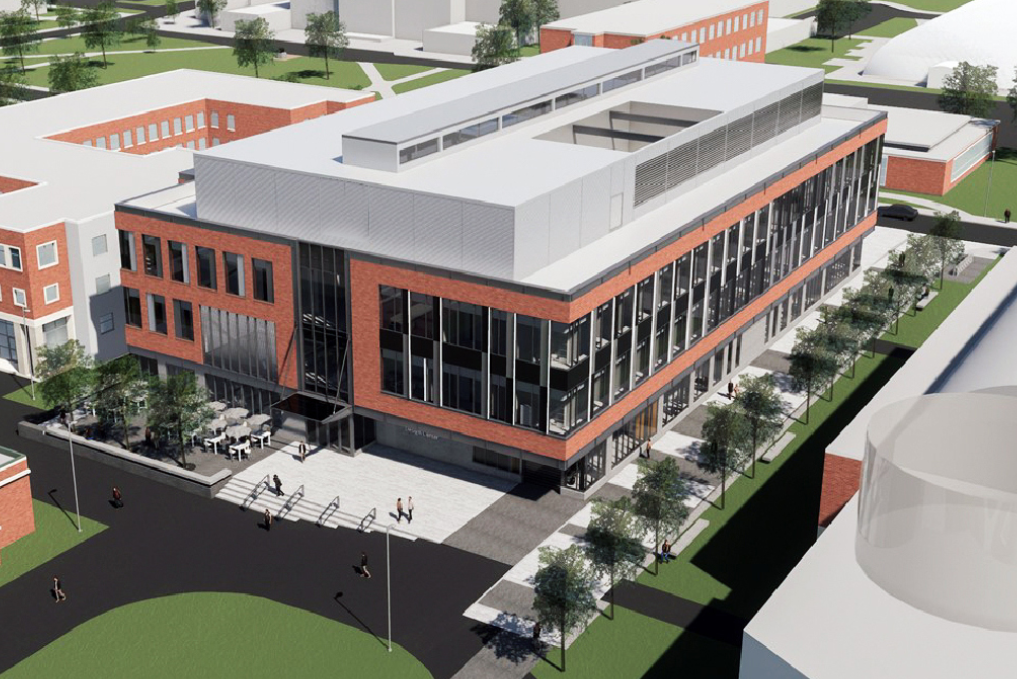
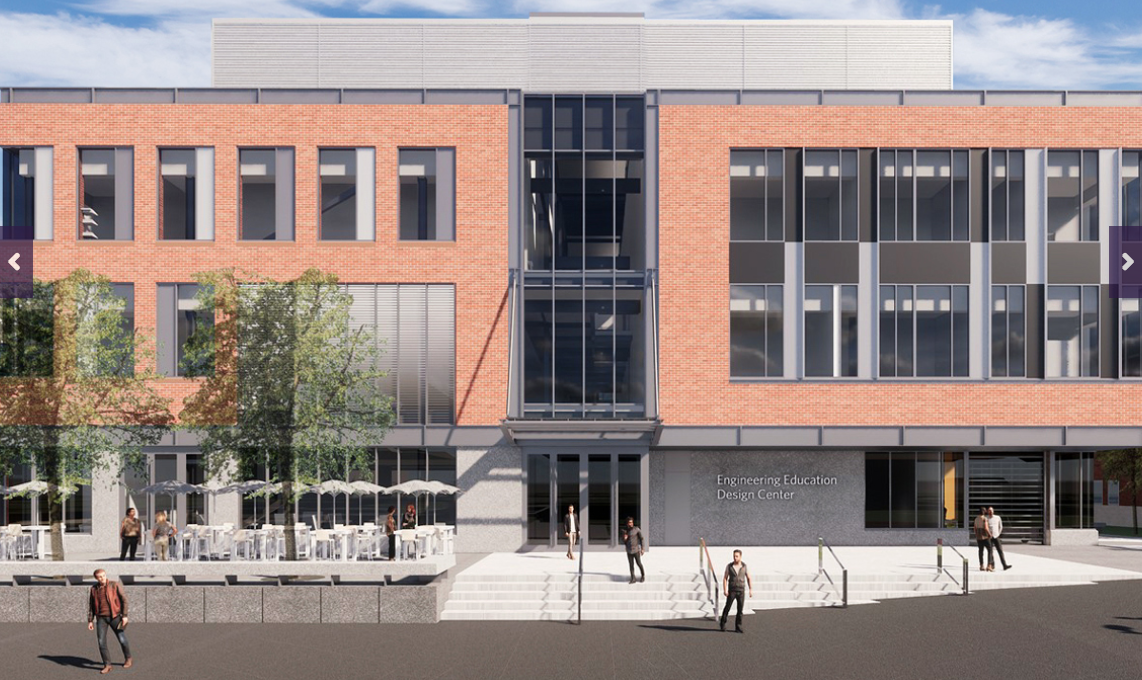

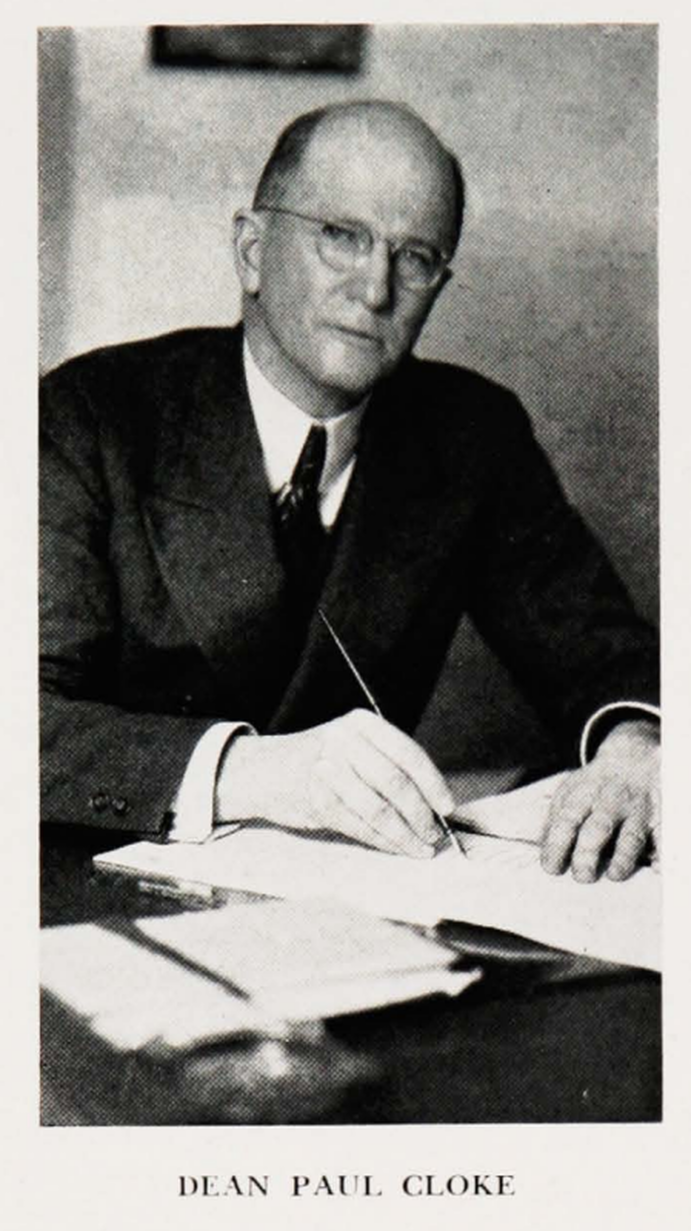
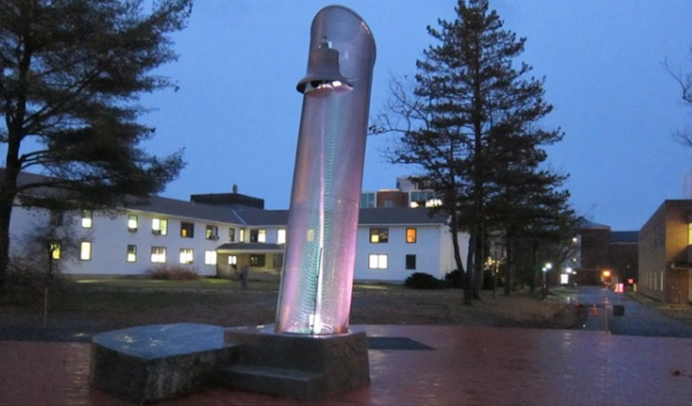

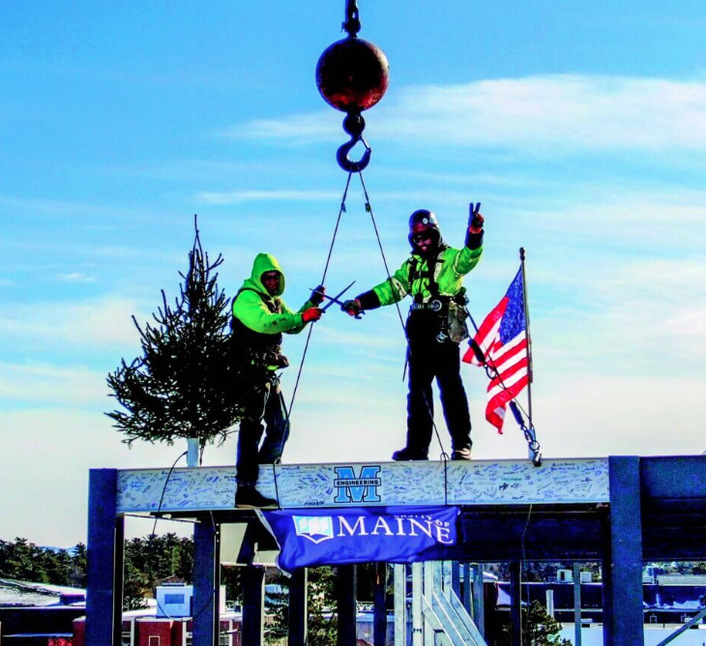
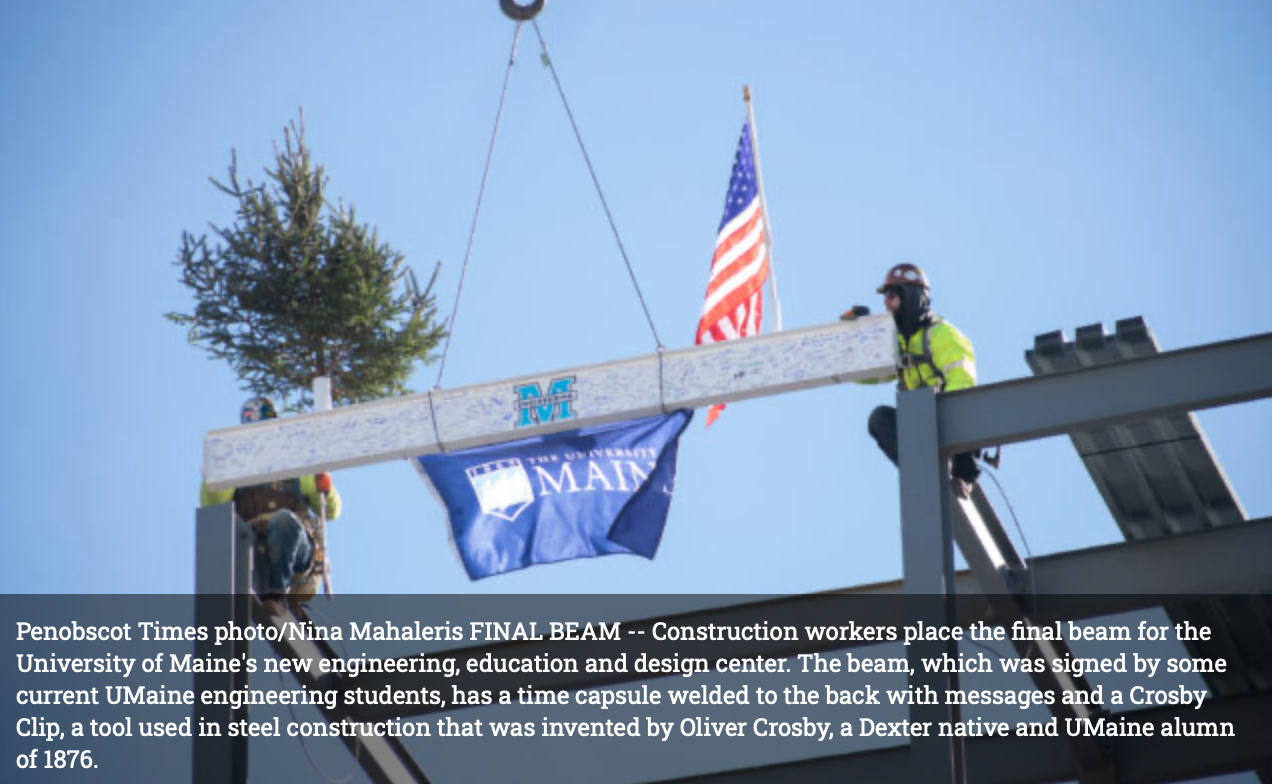
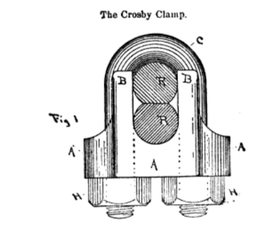



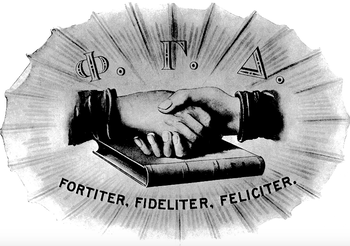


 RSS Feed
RSS Feed